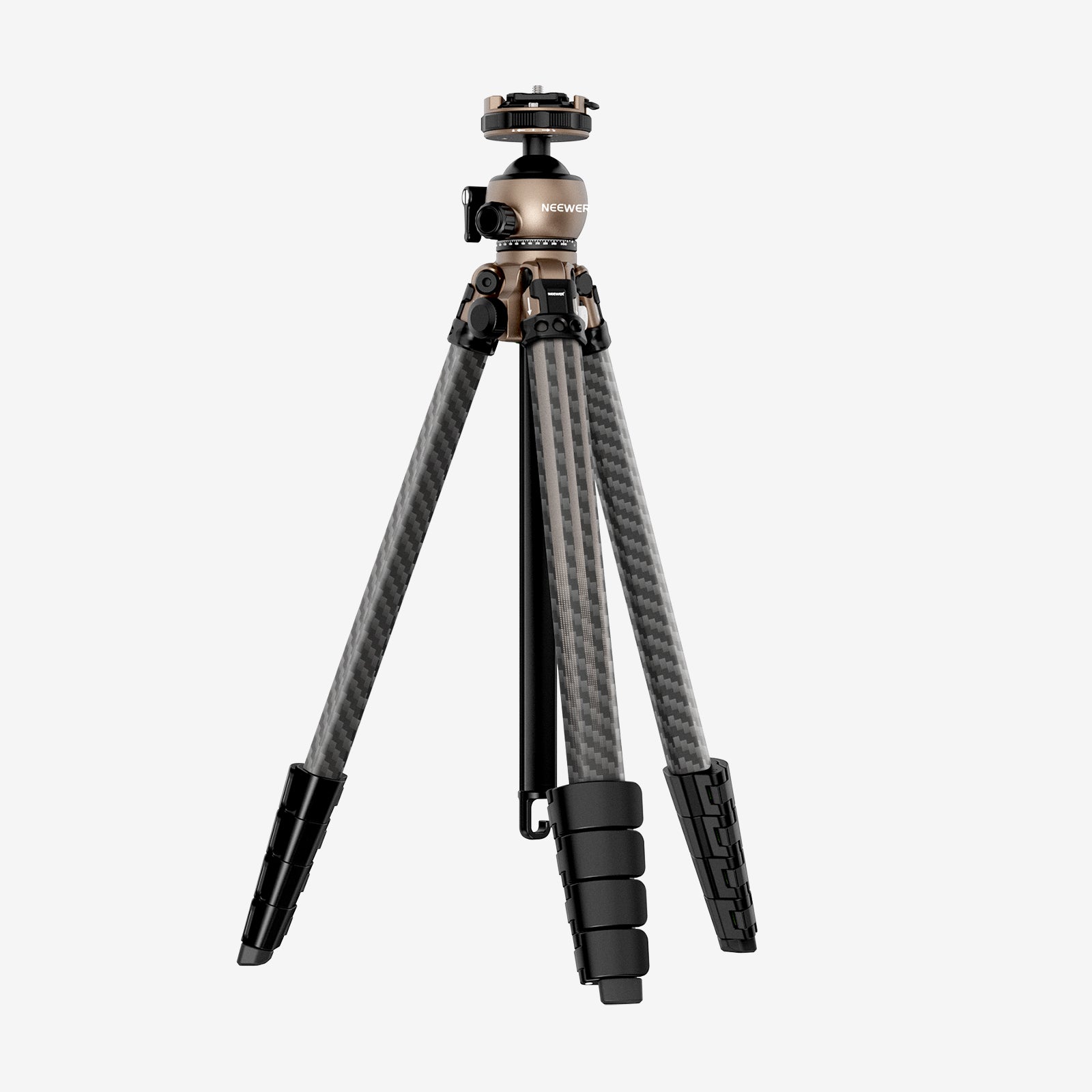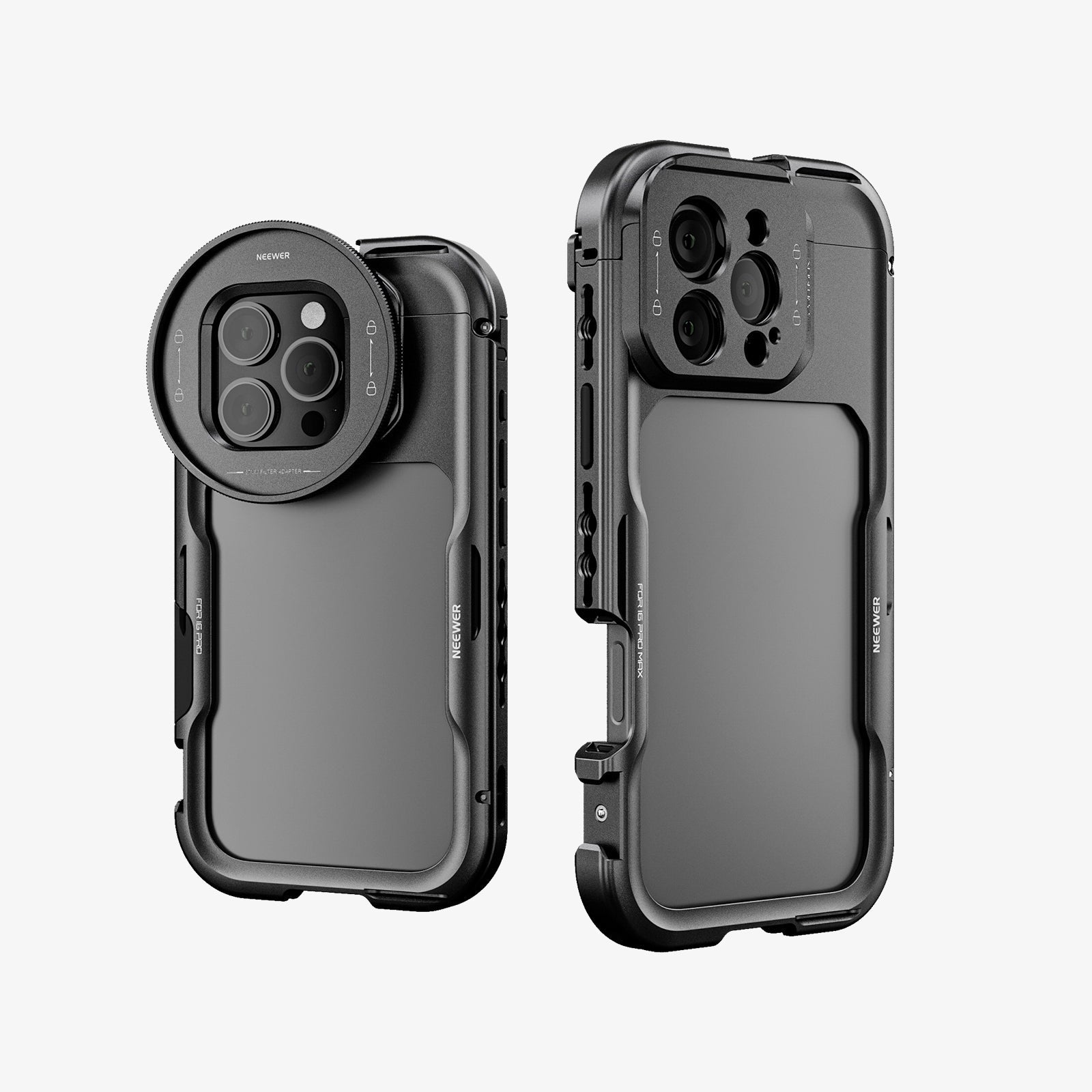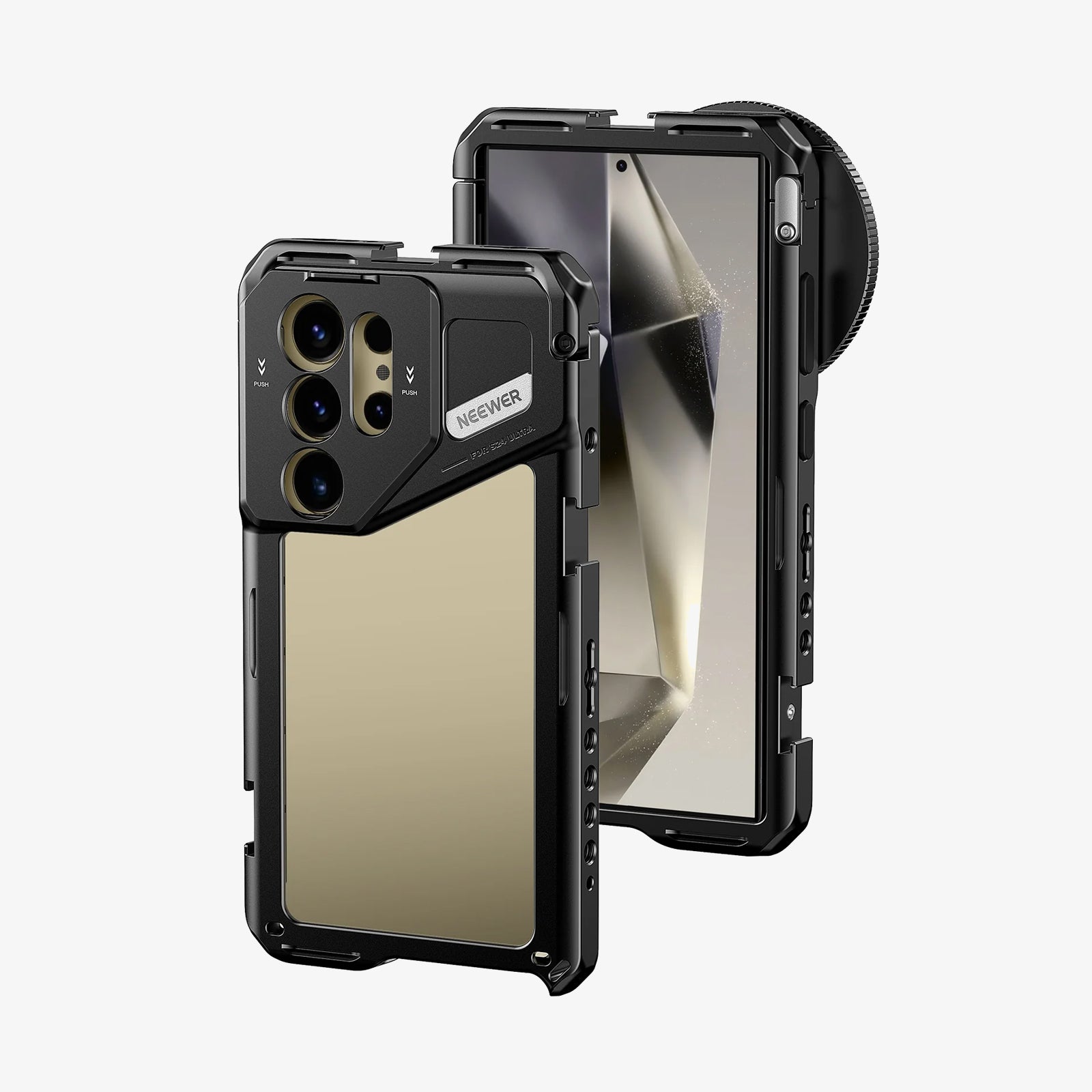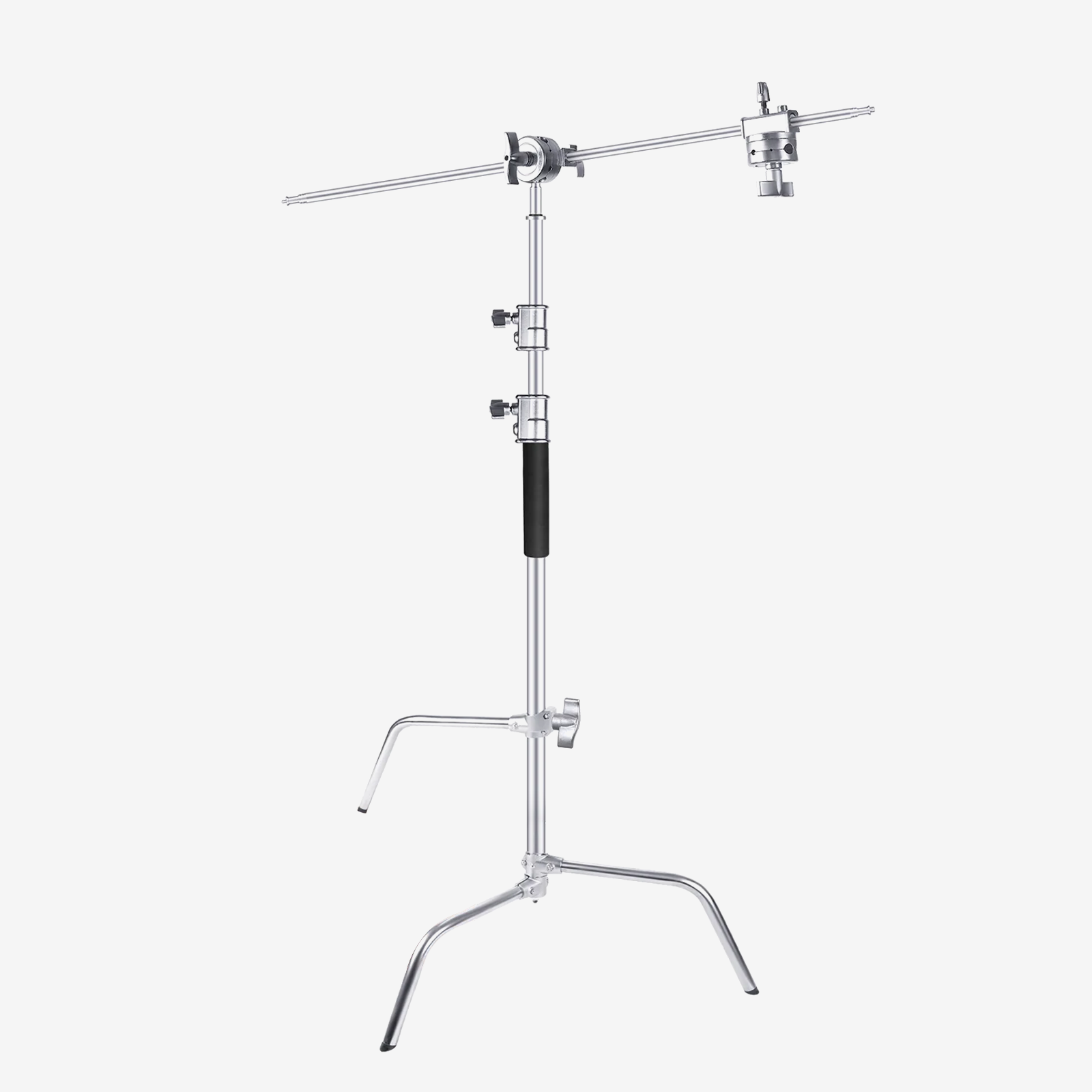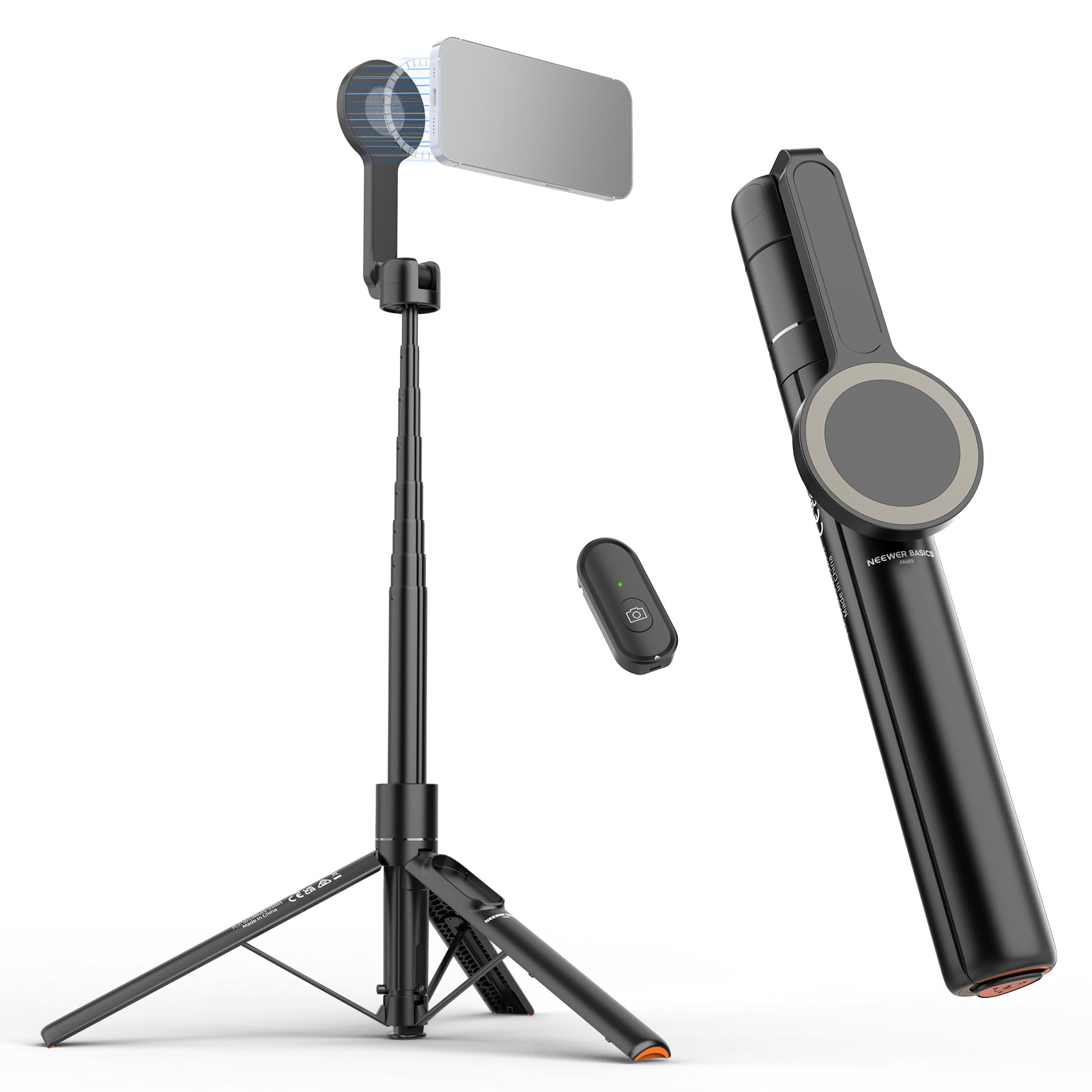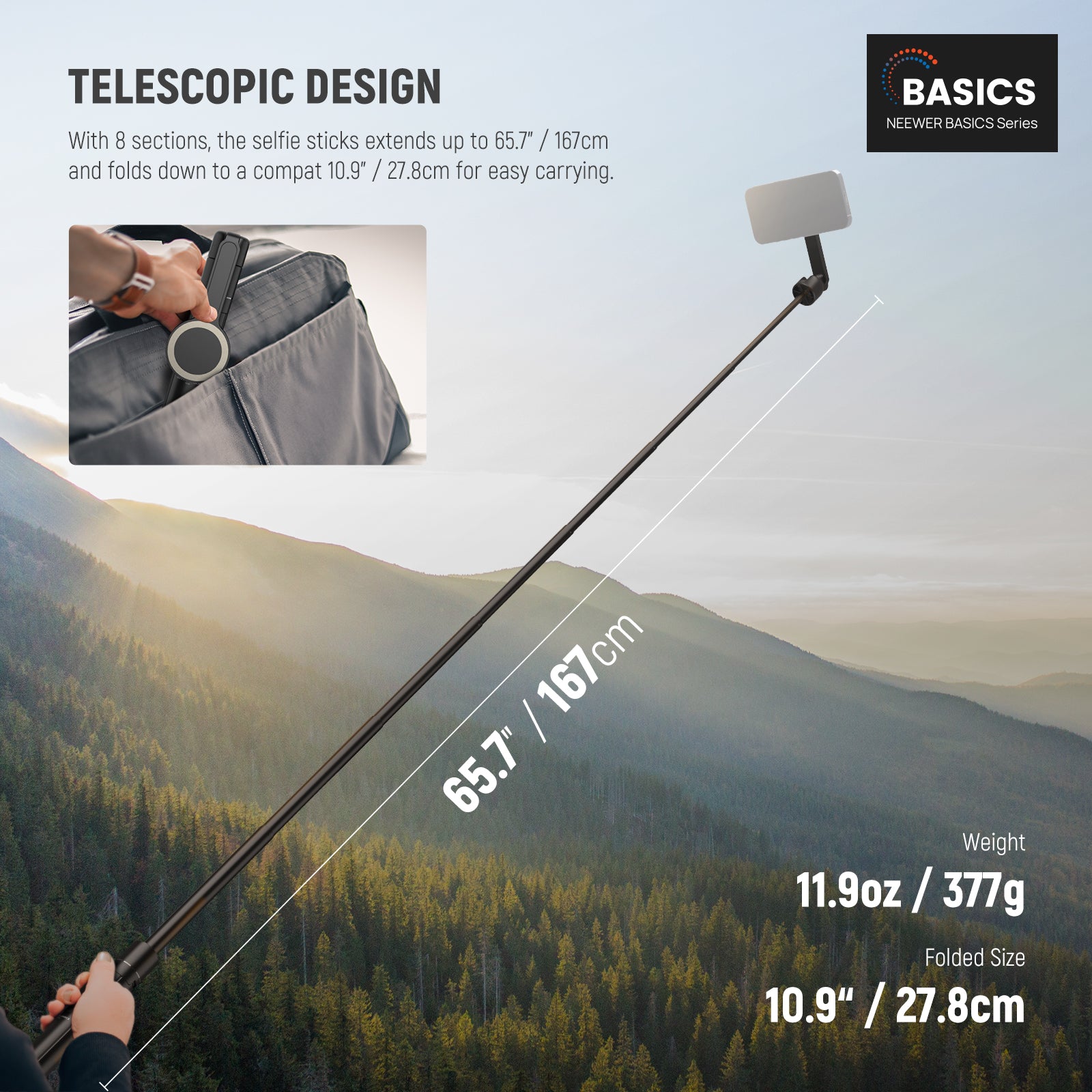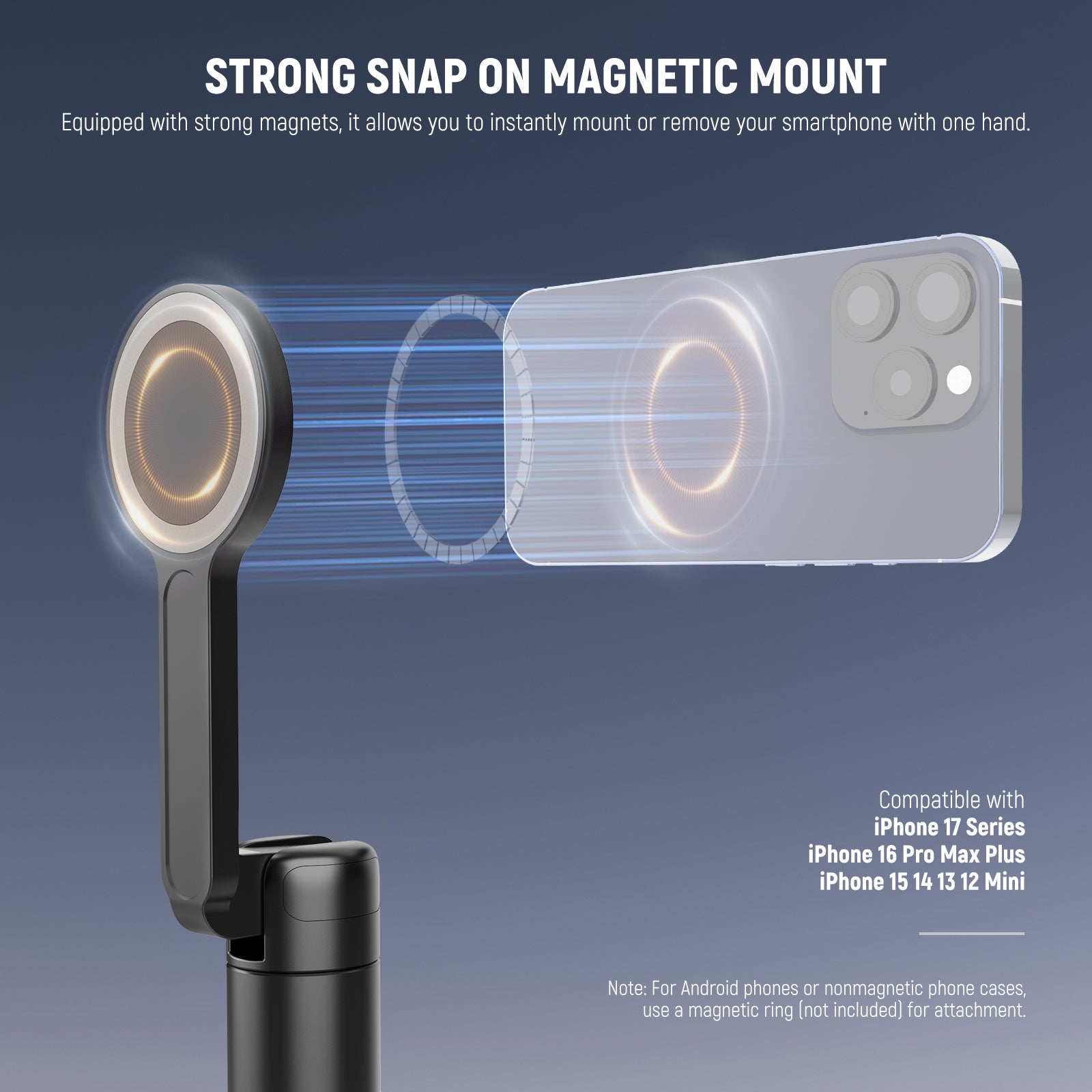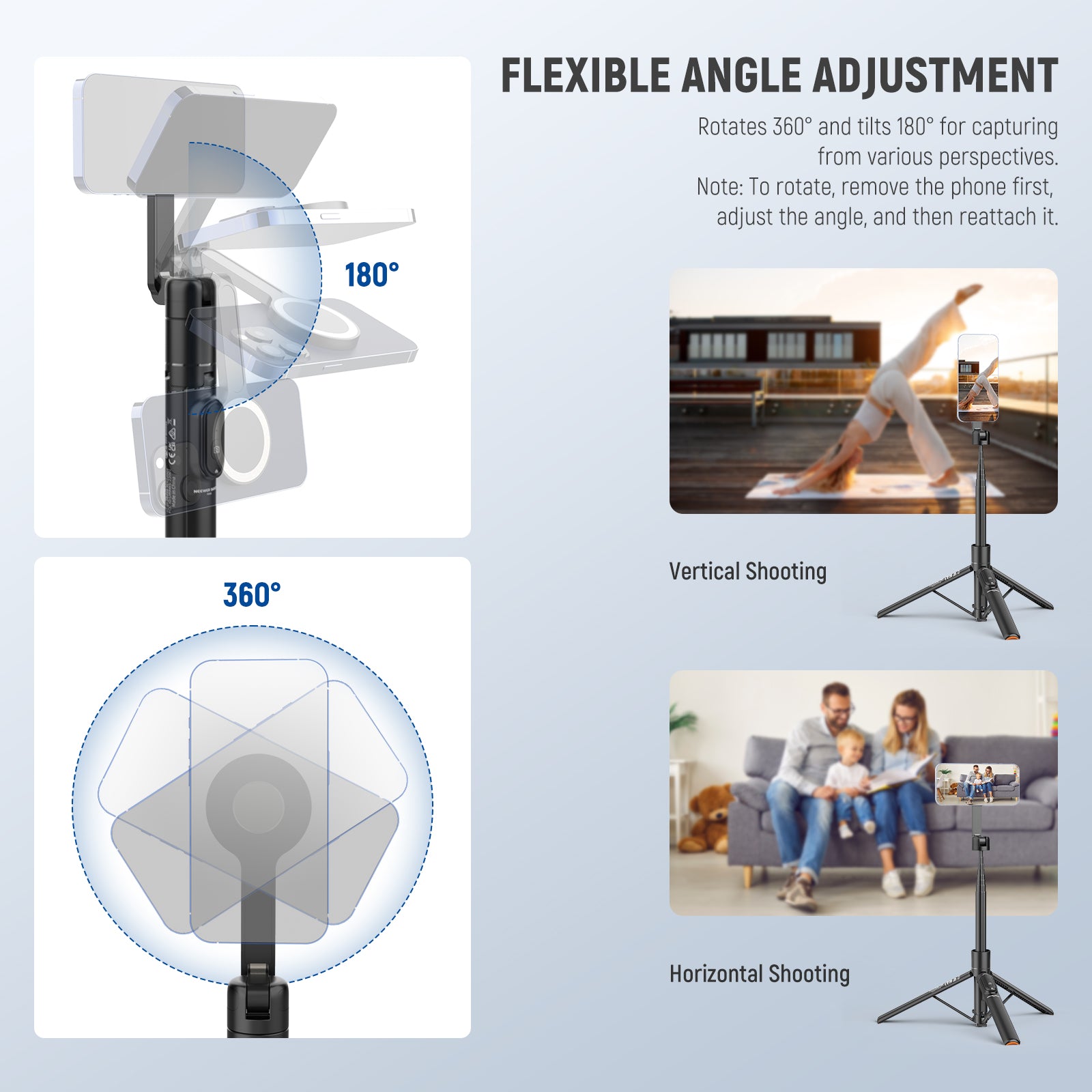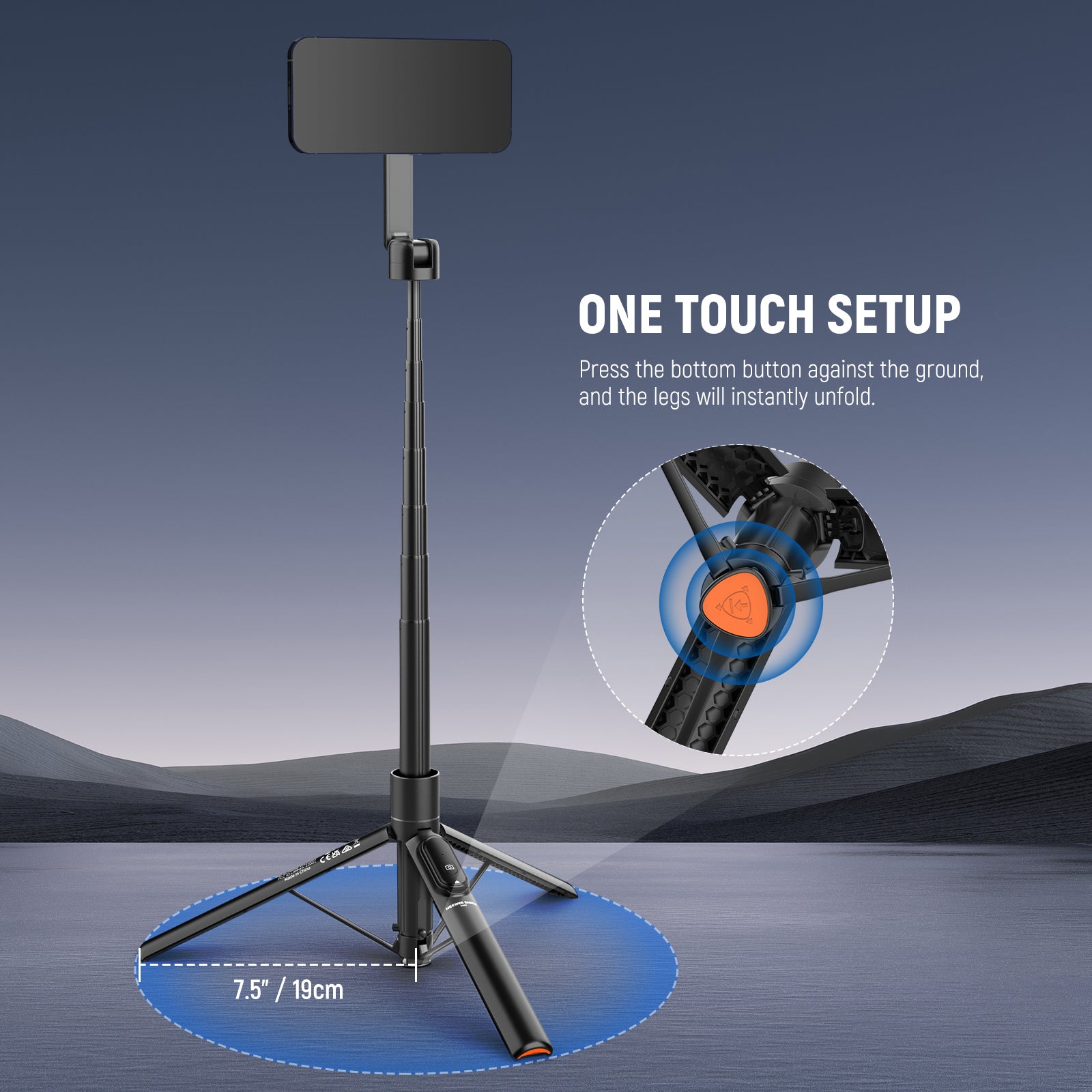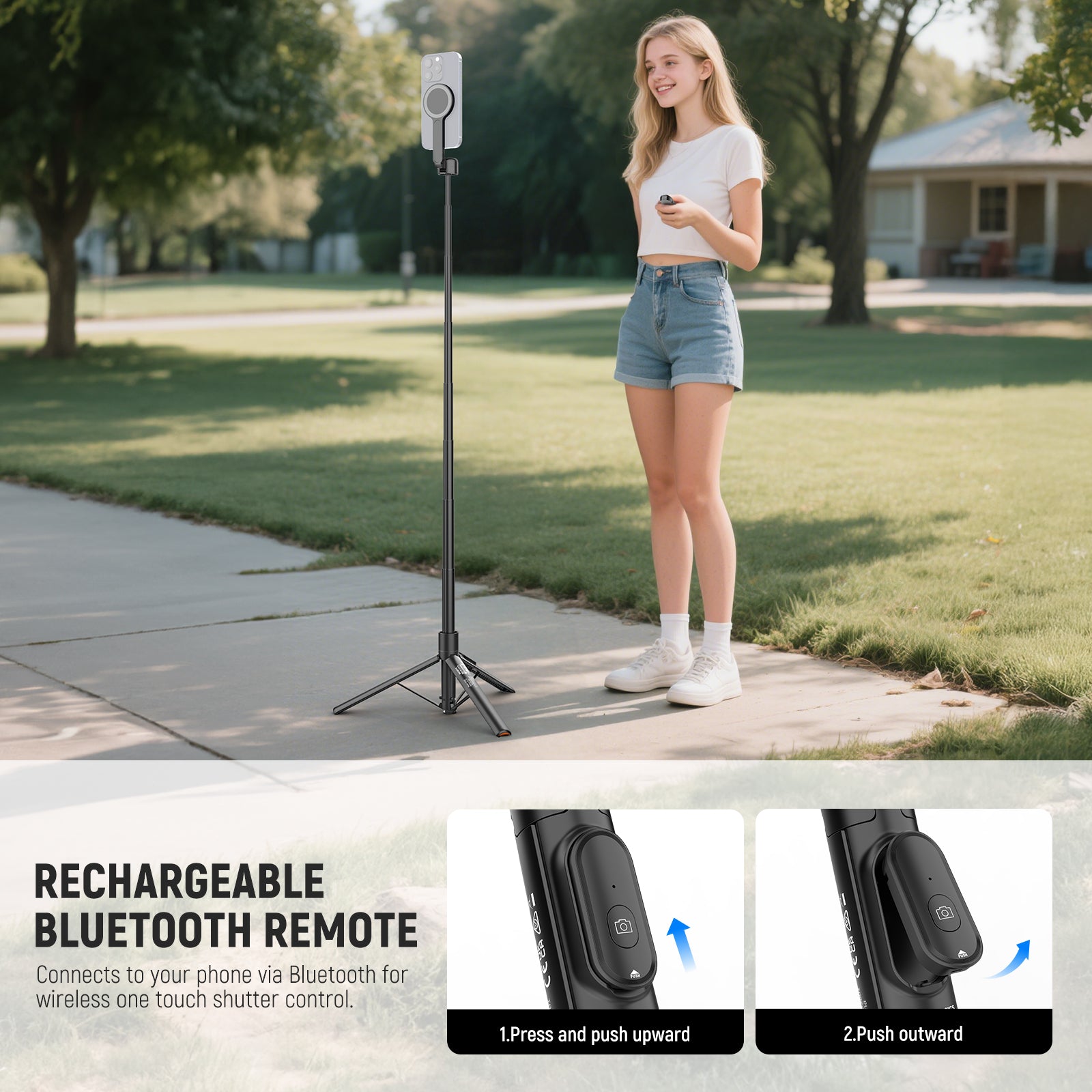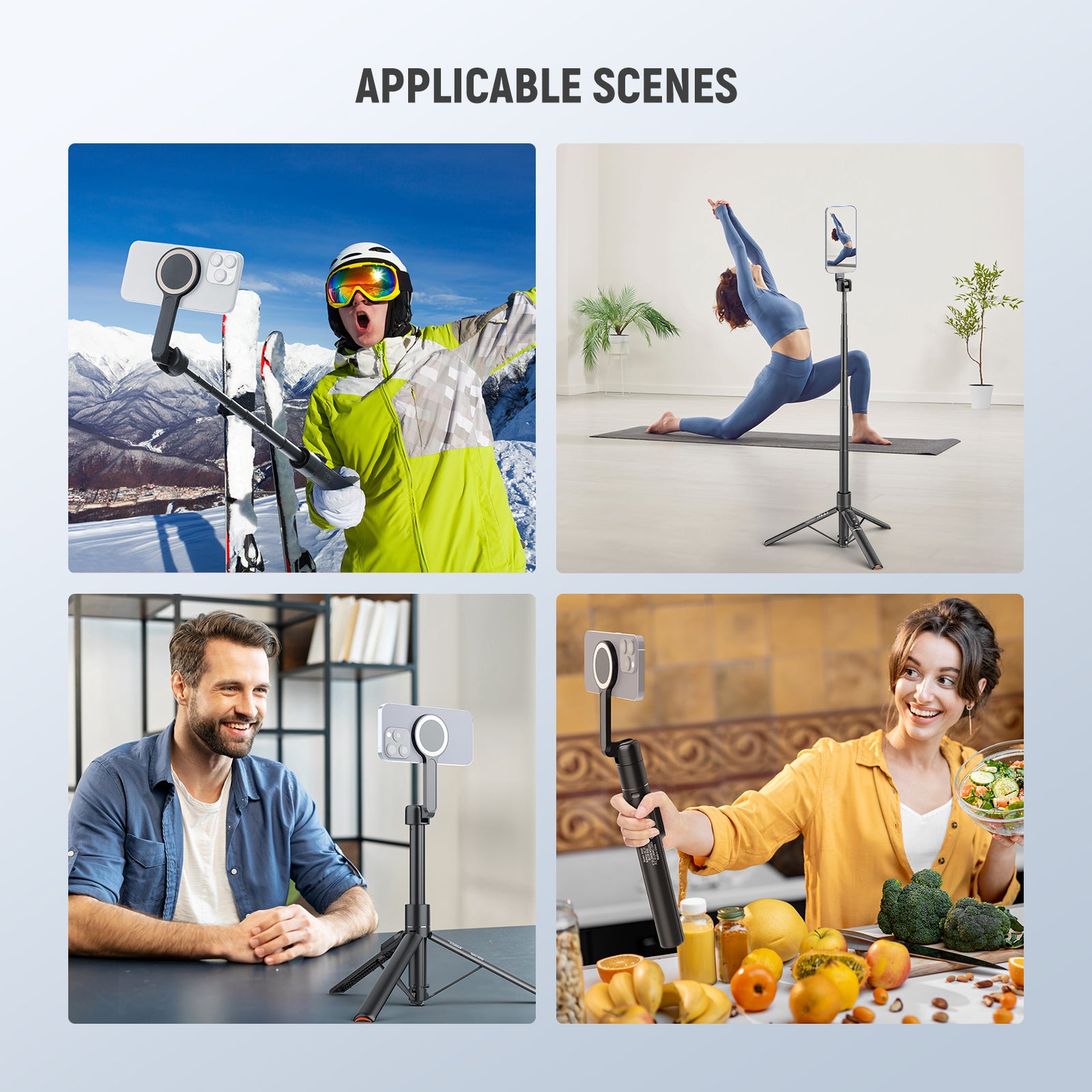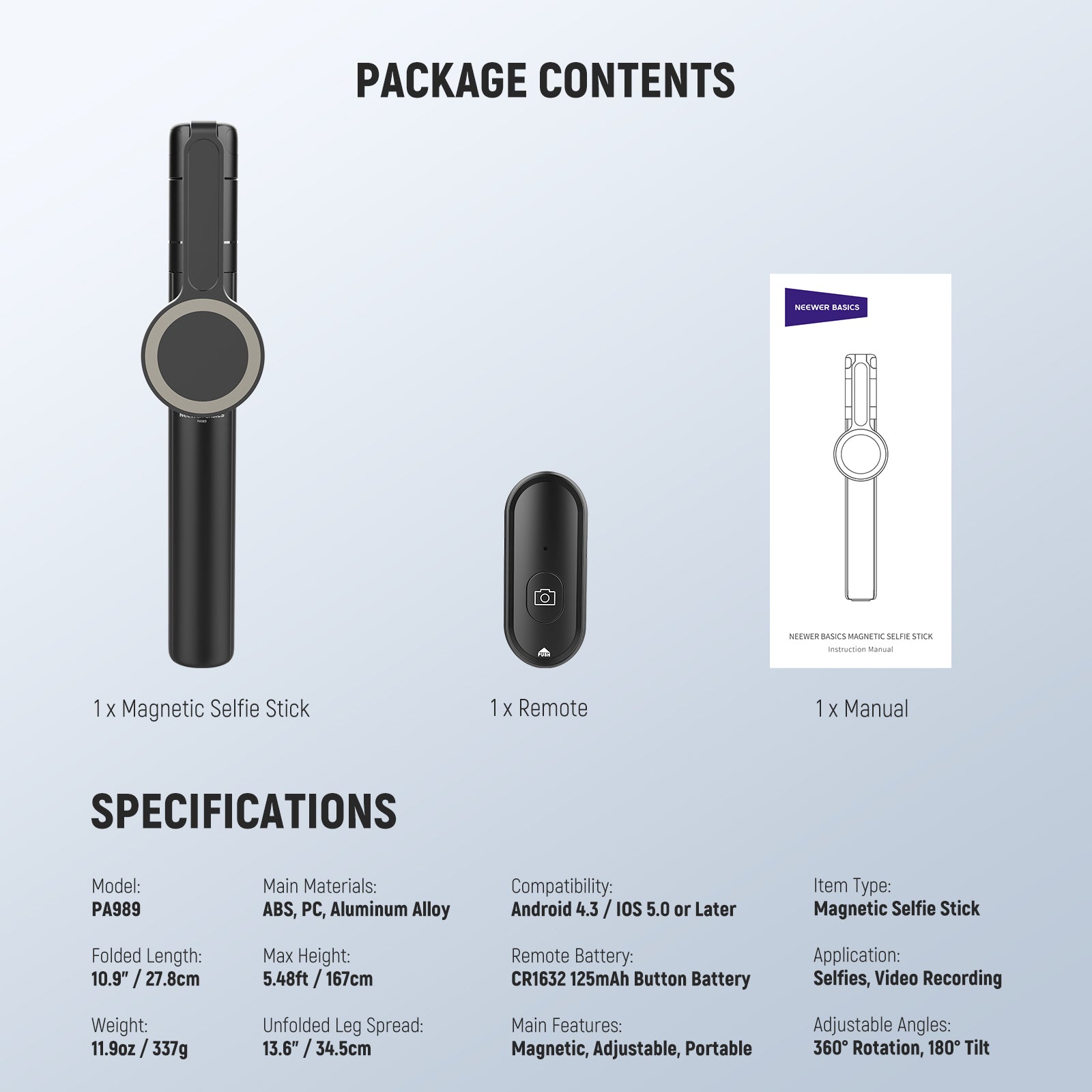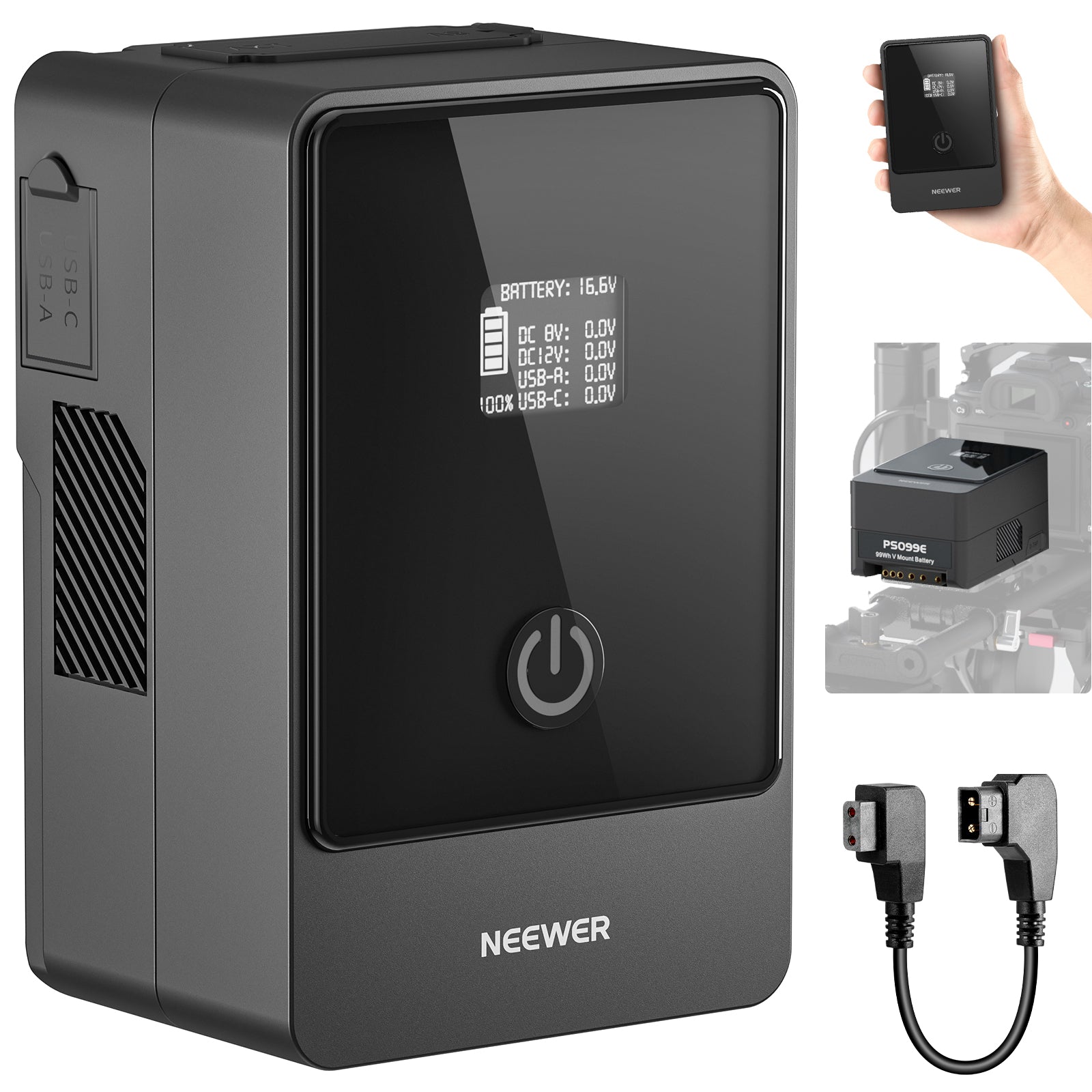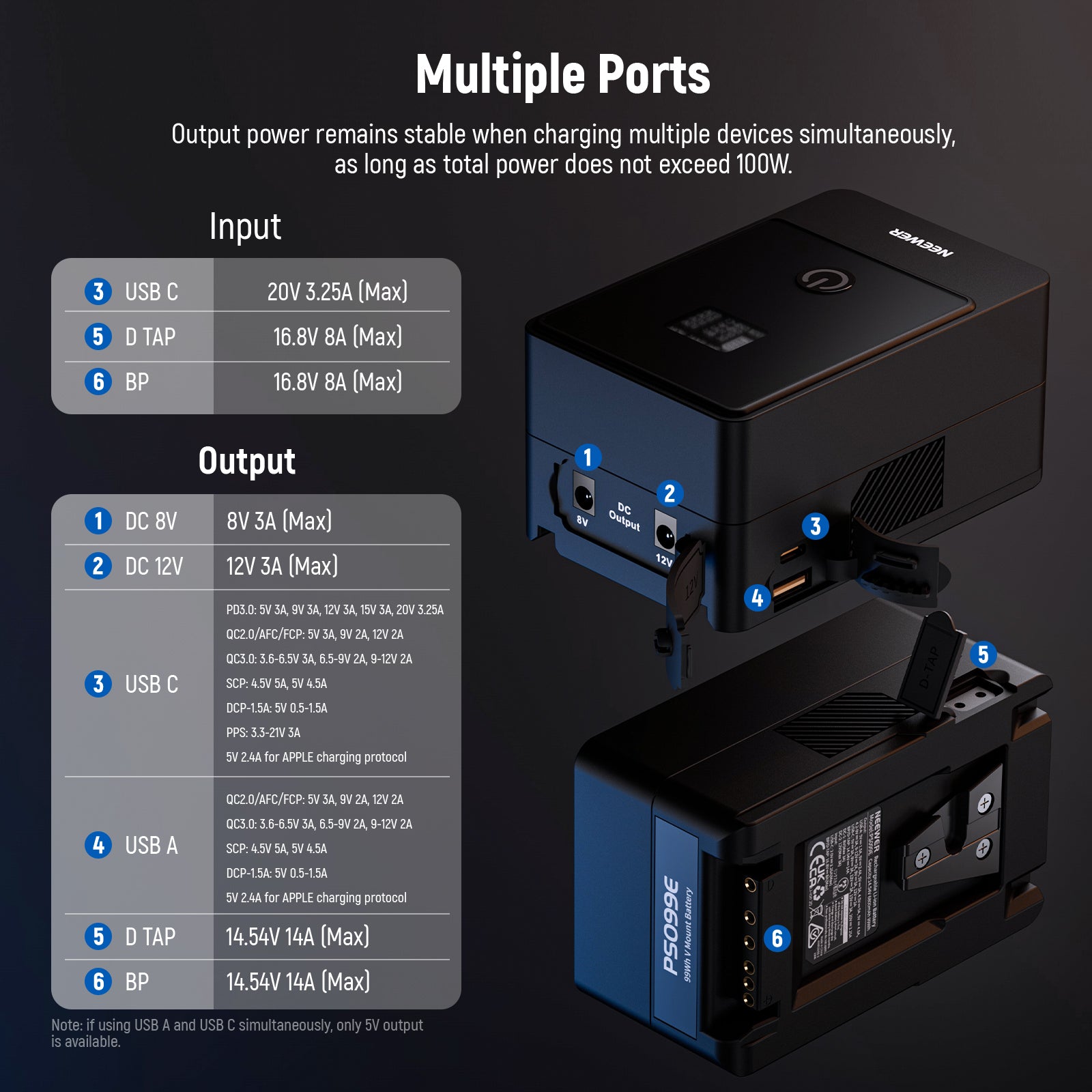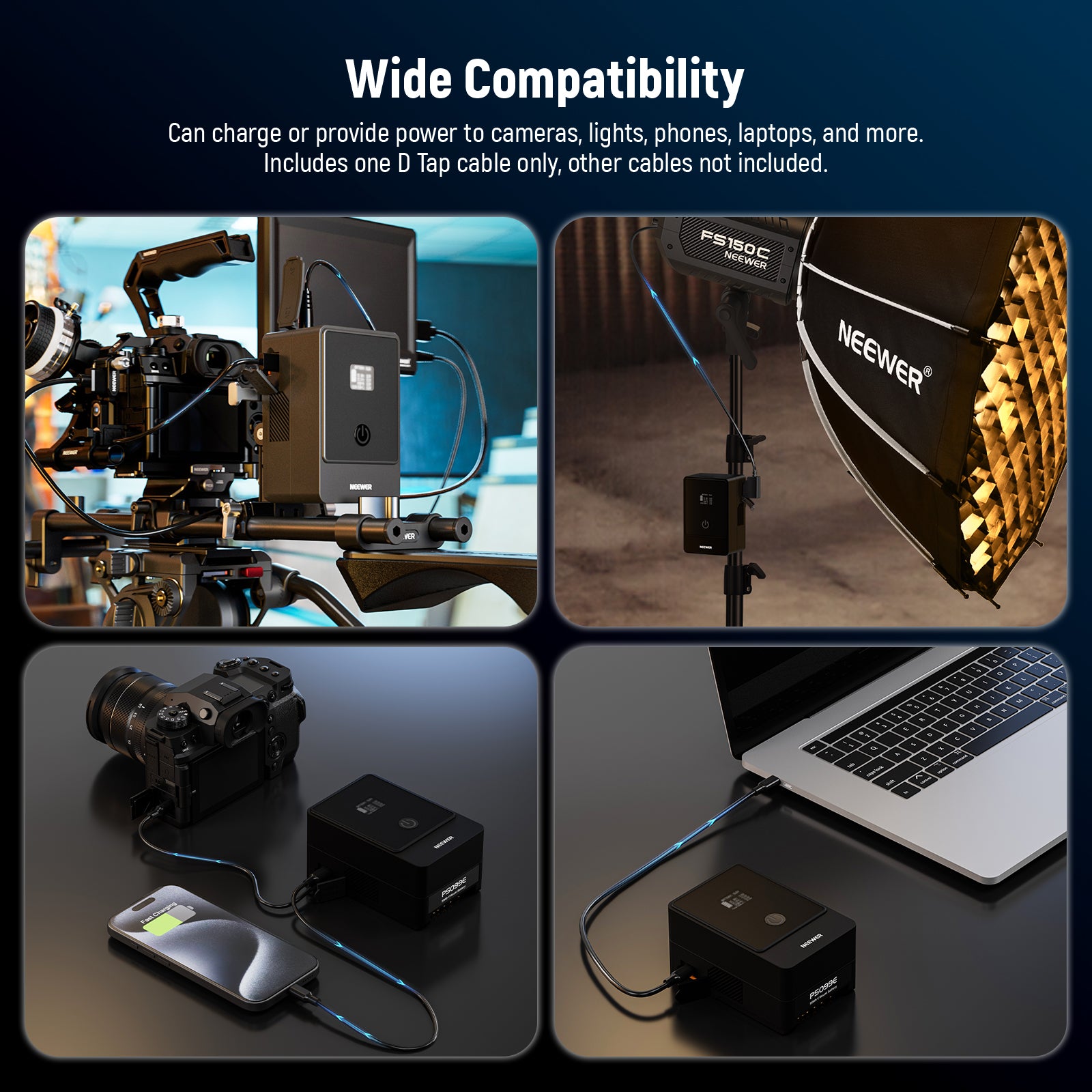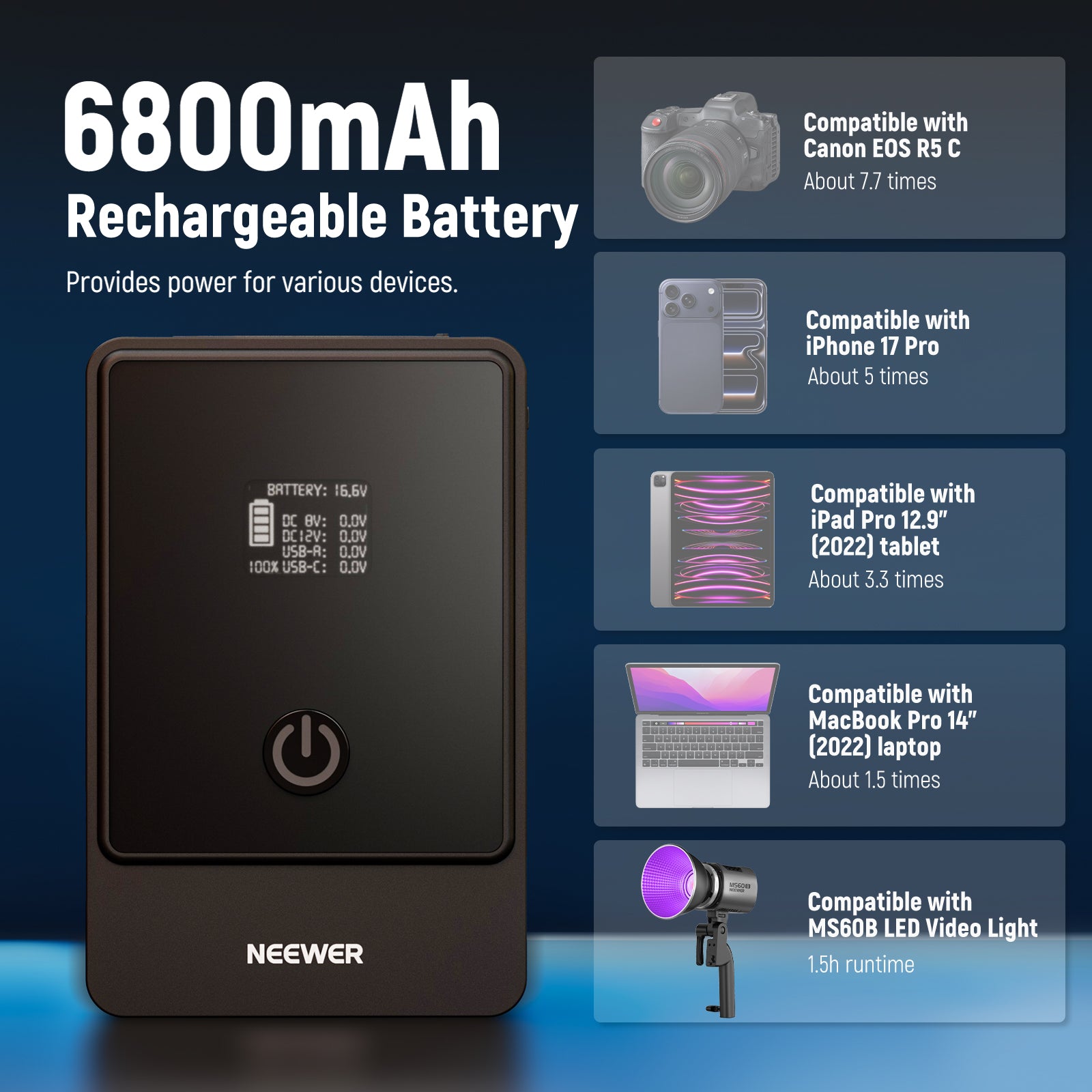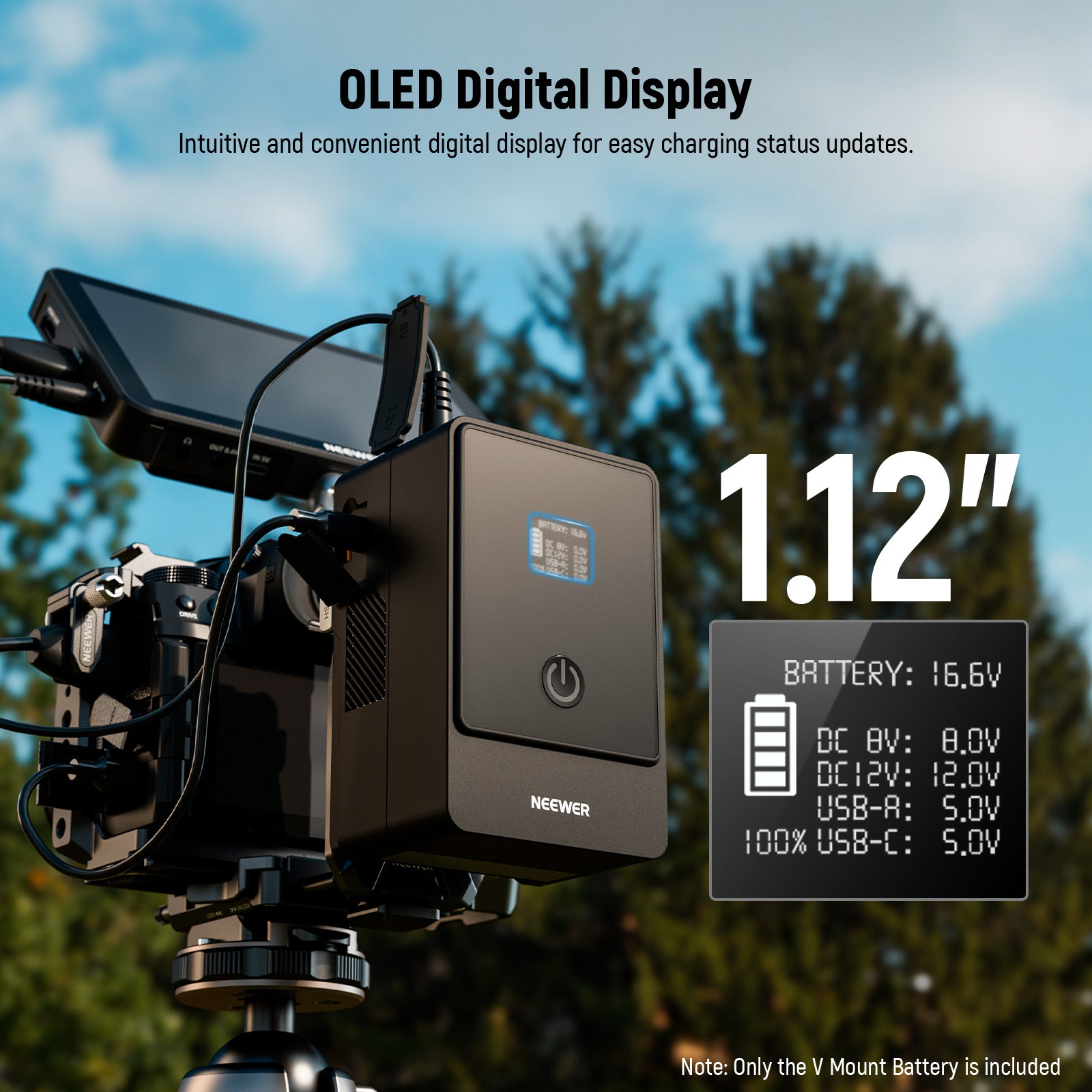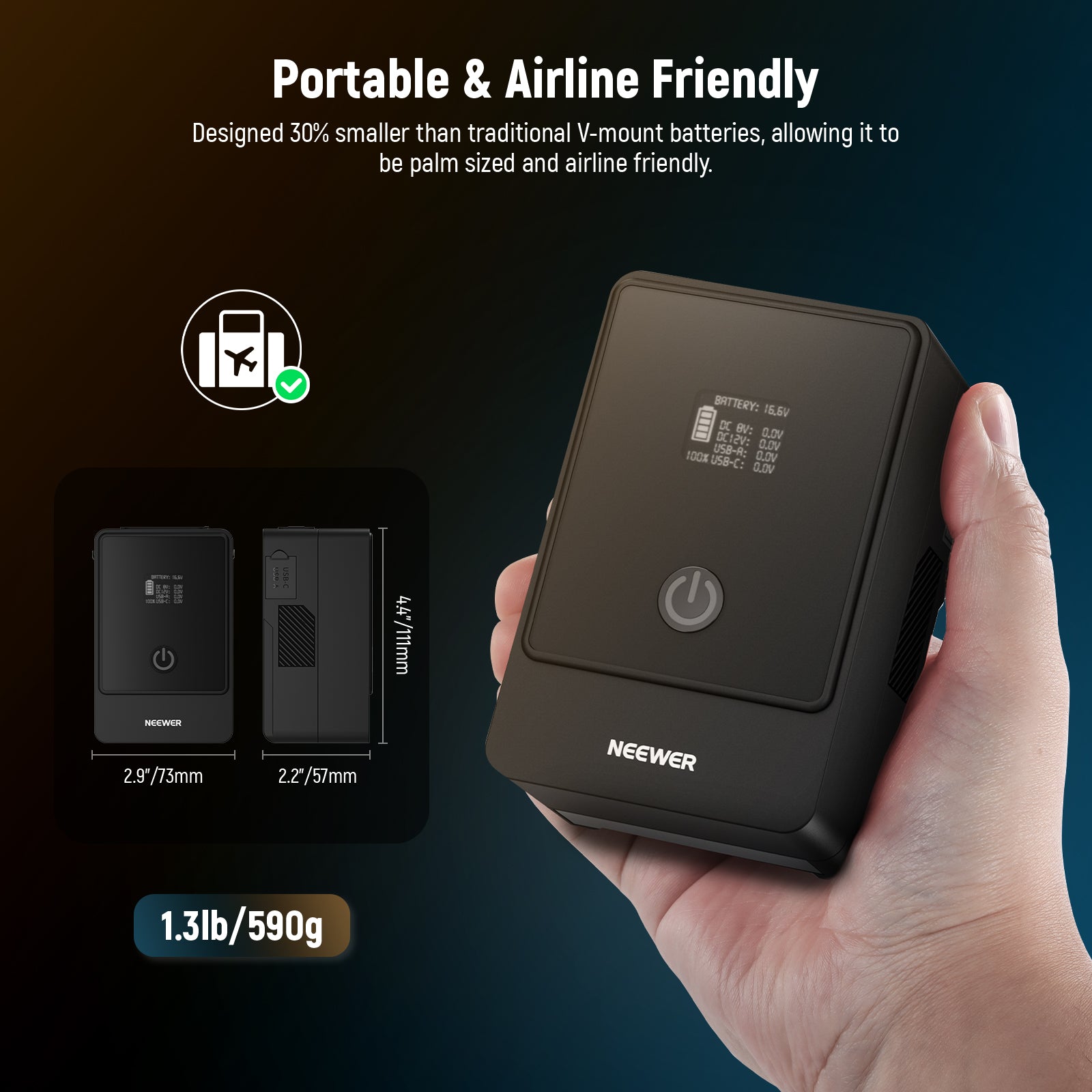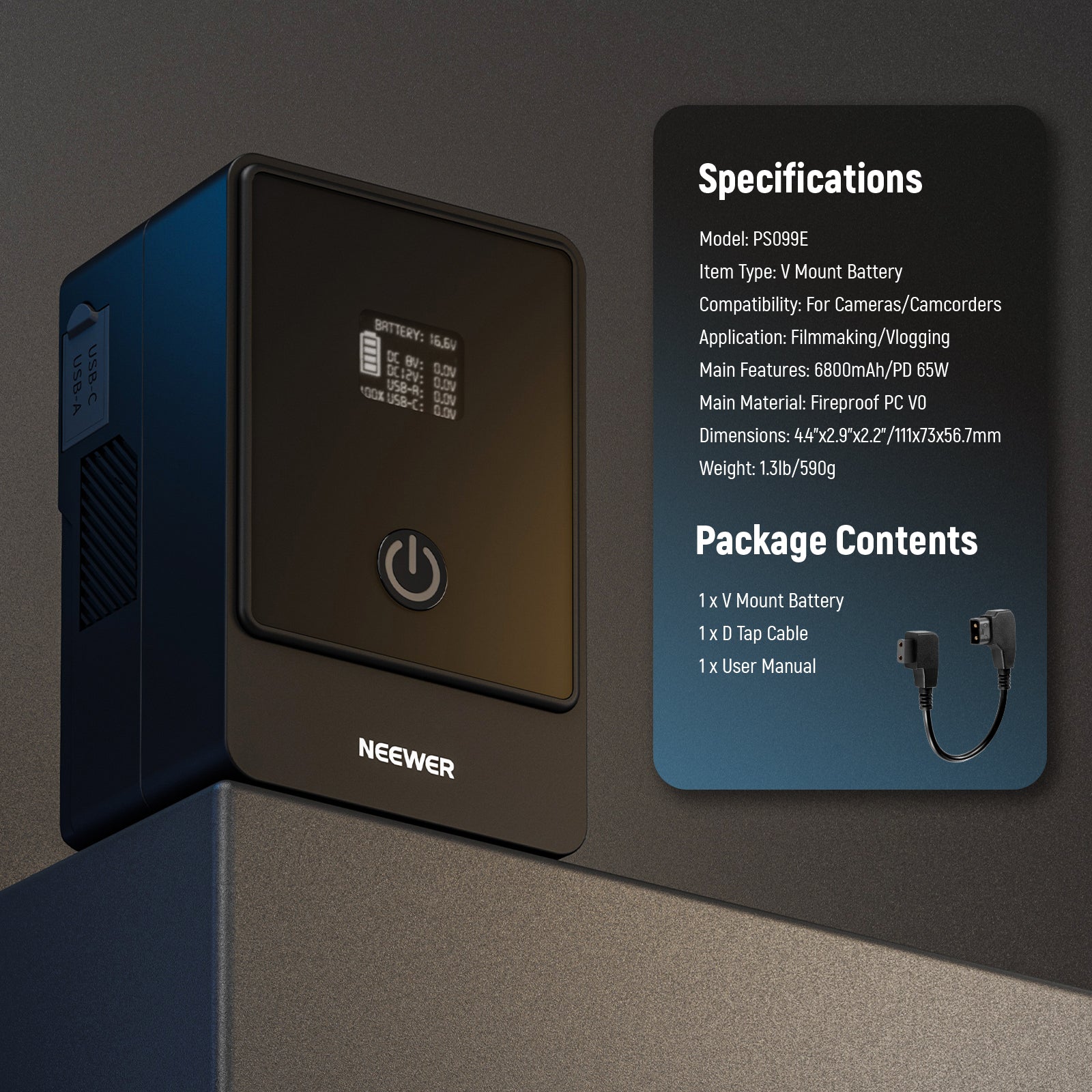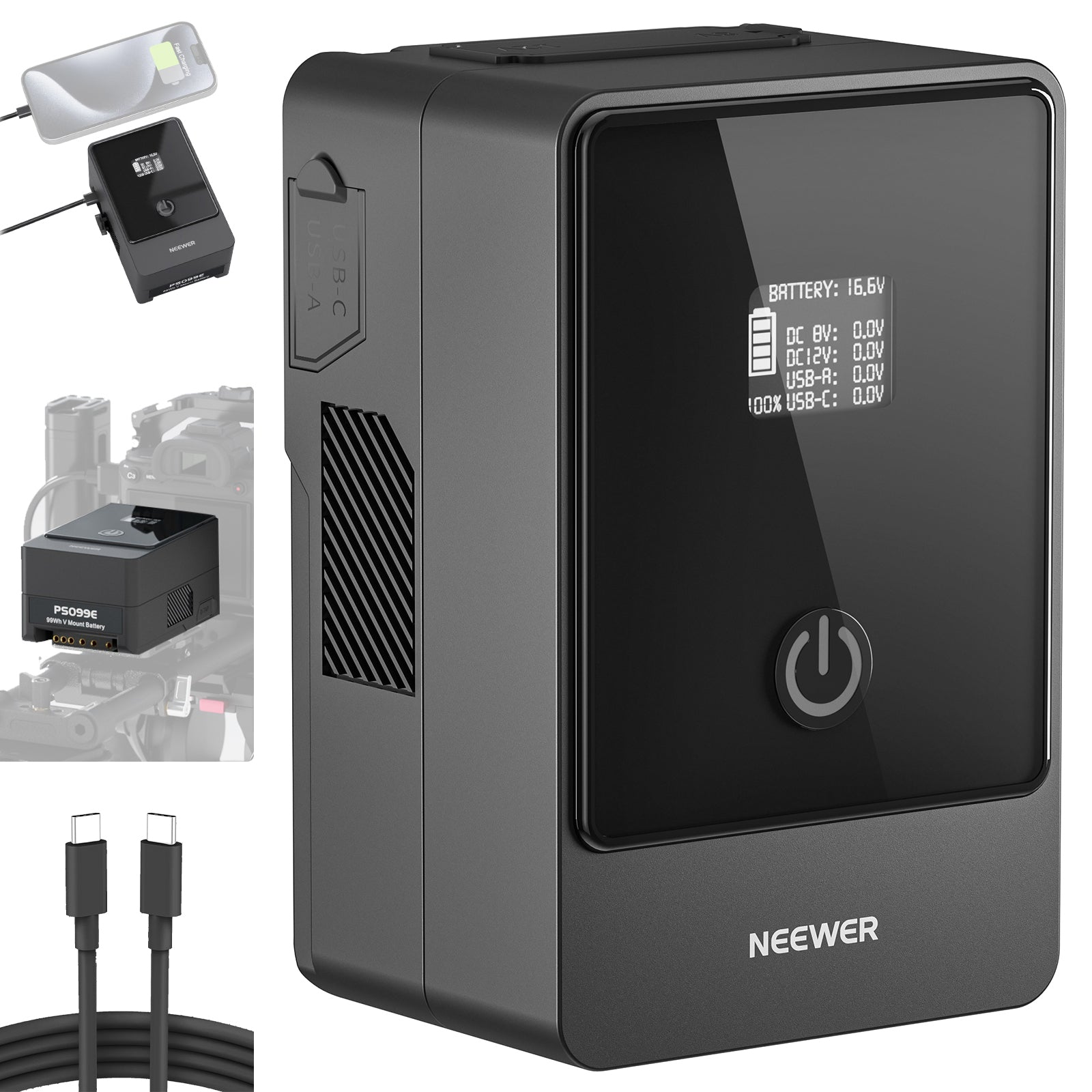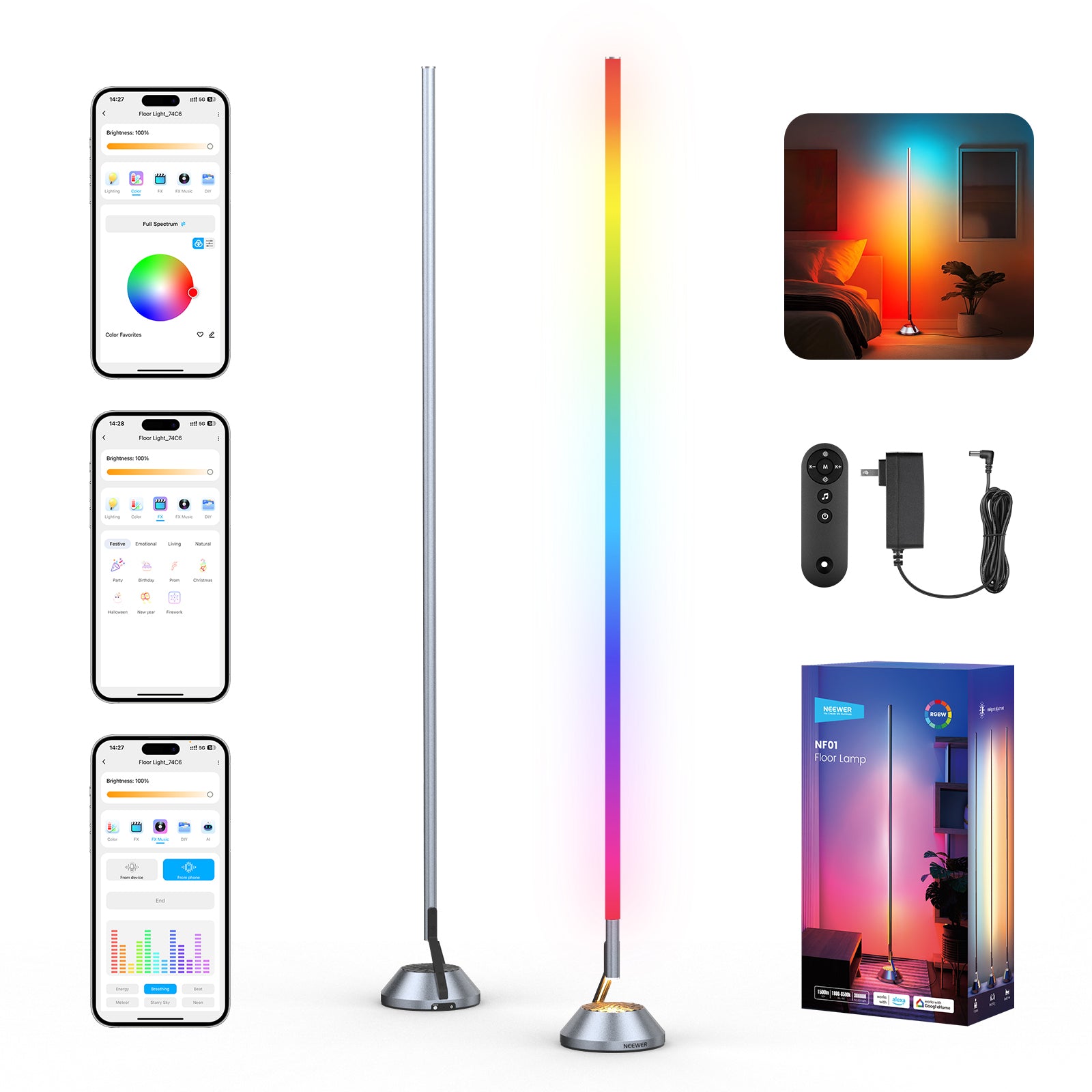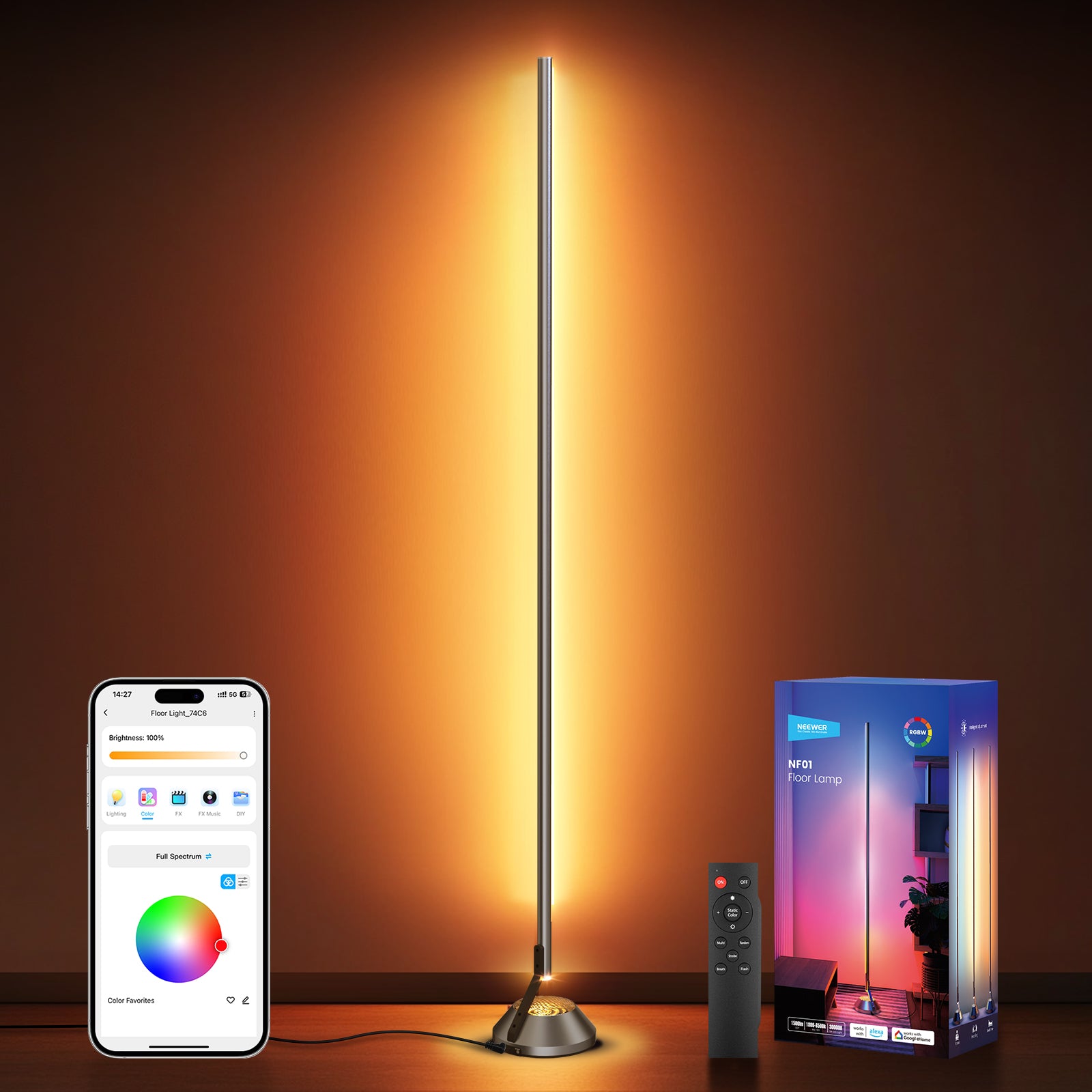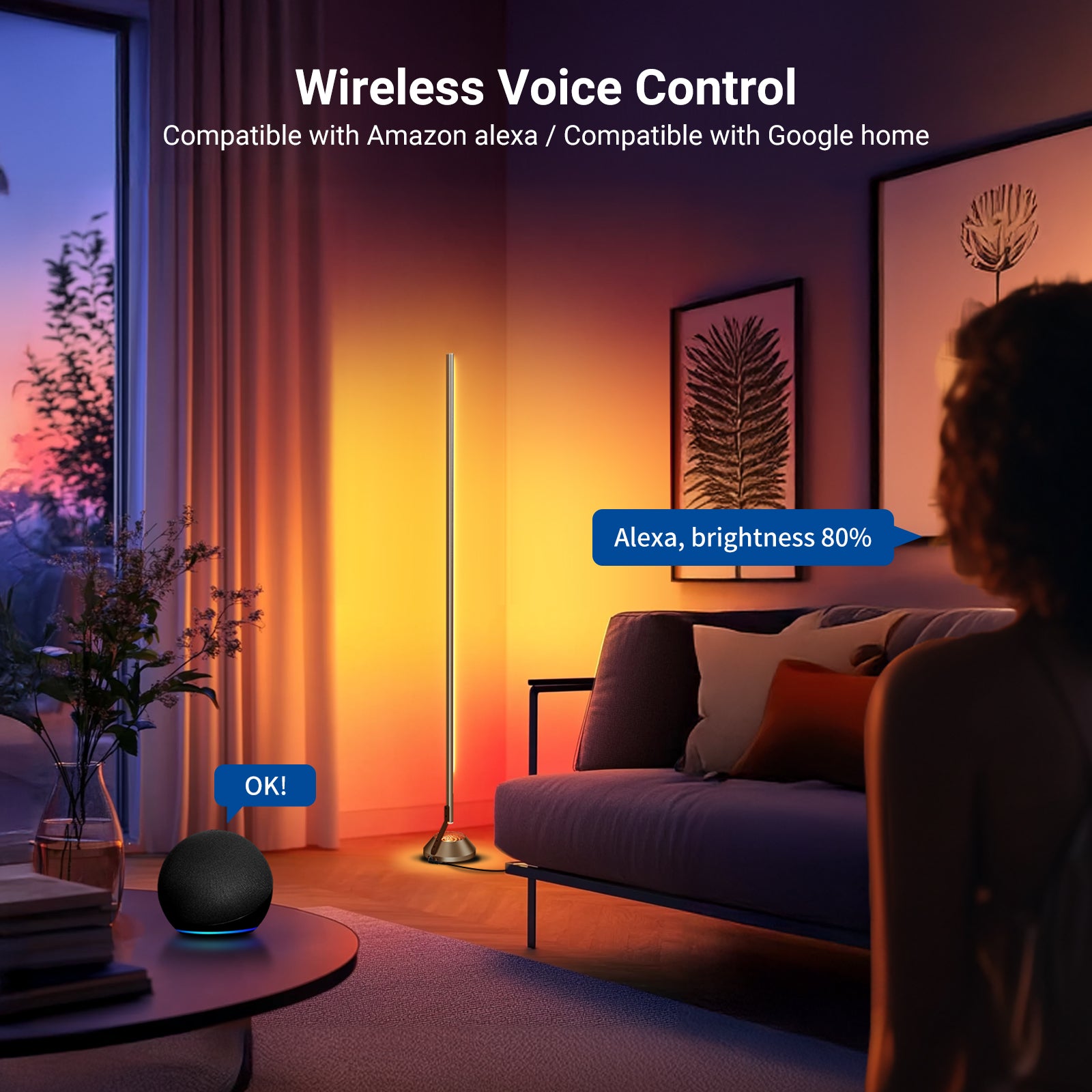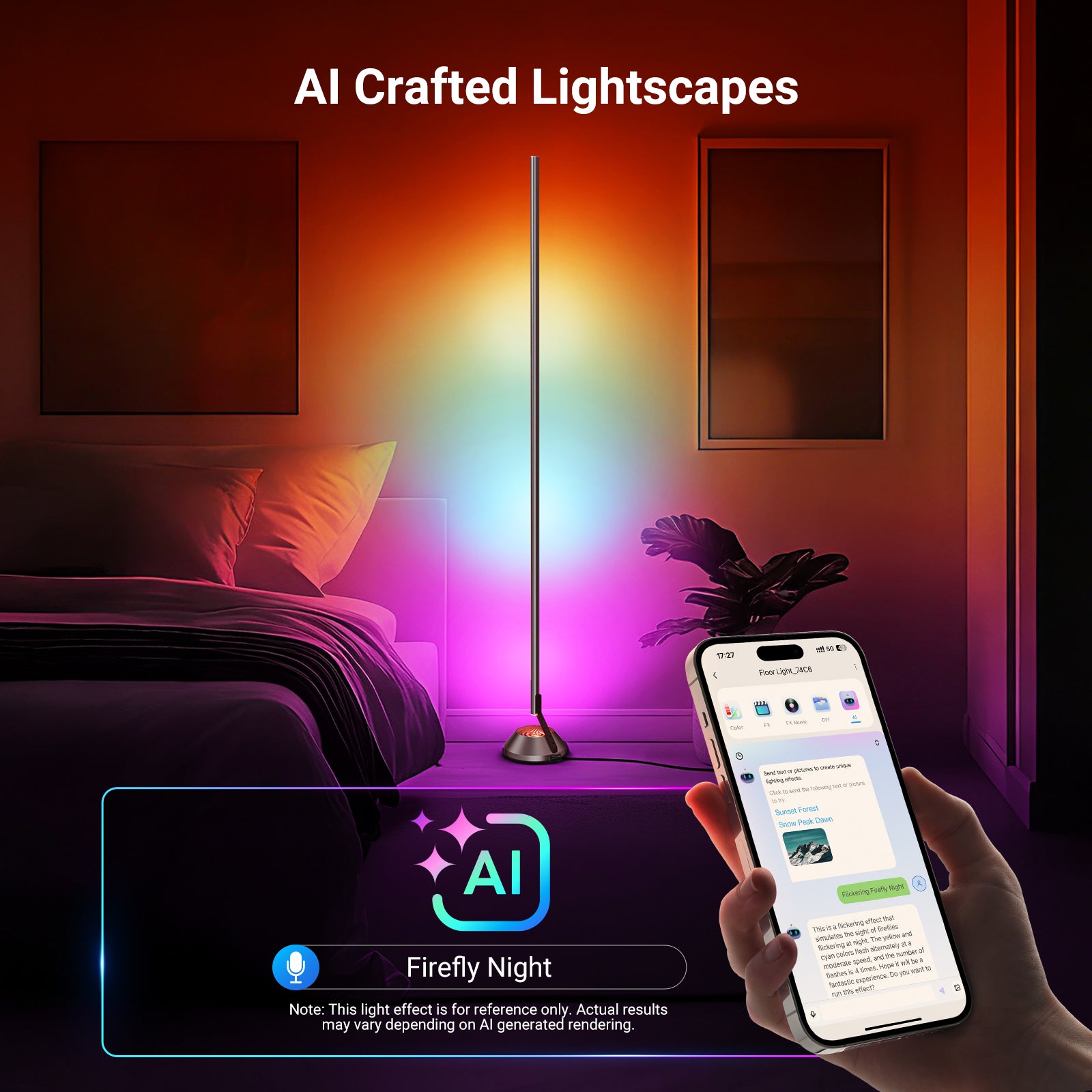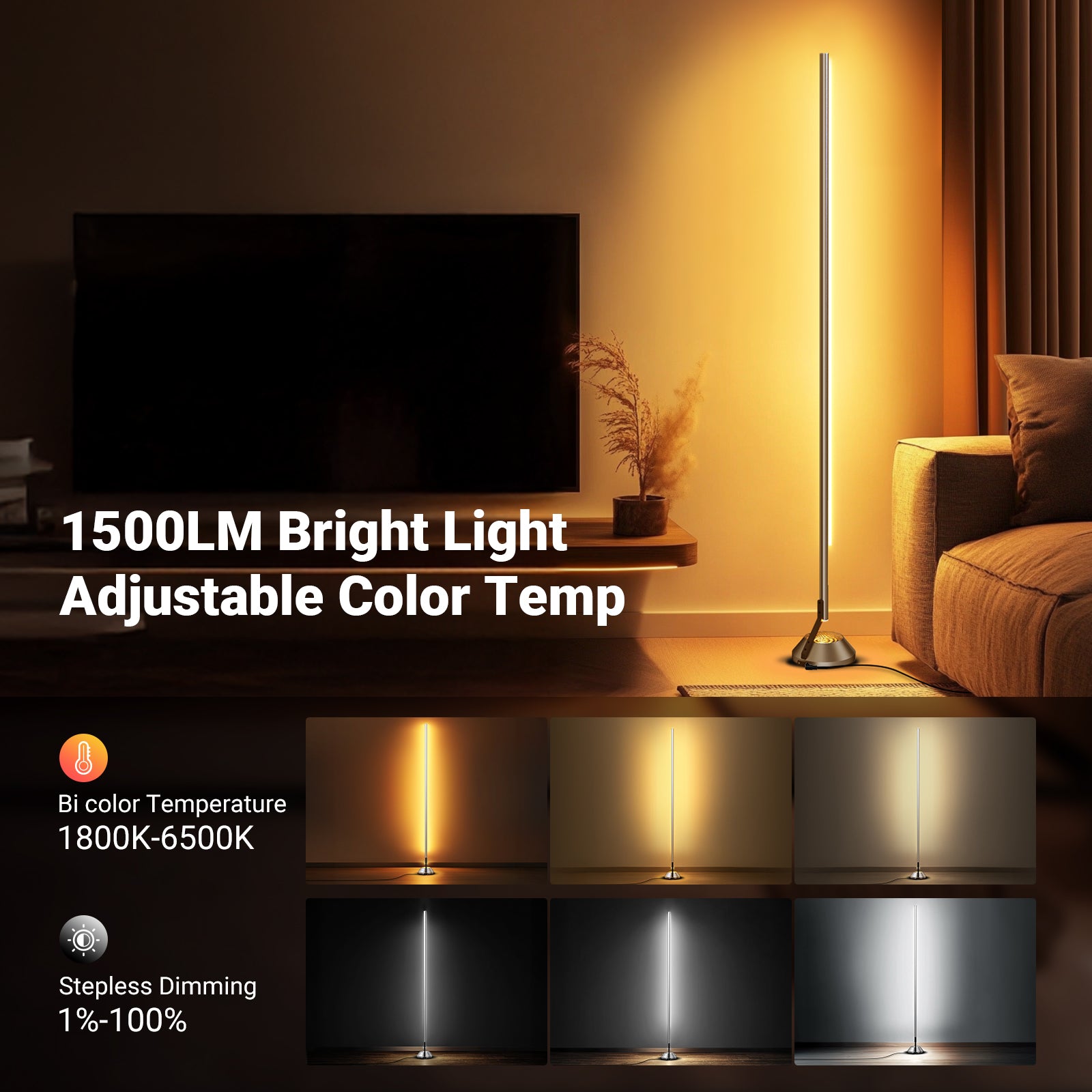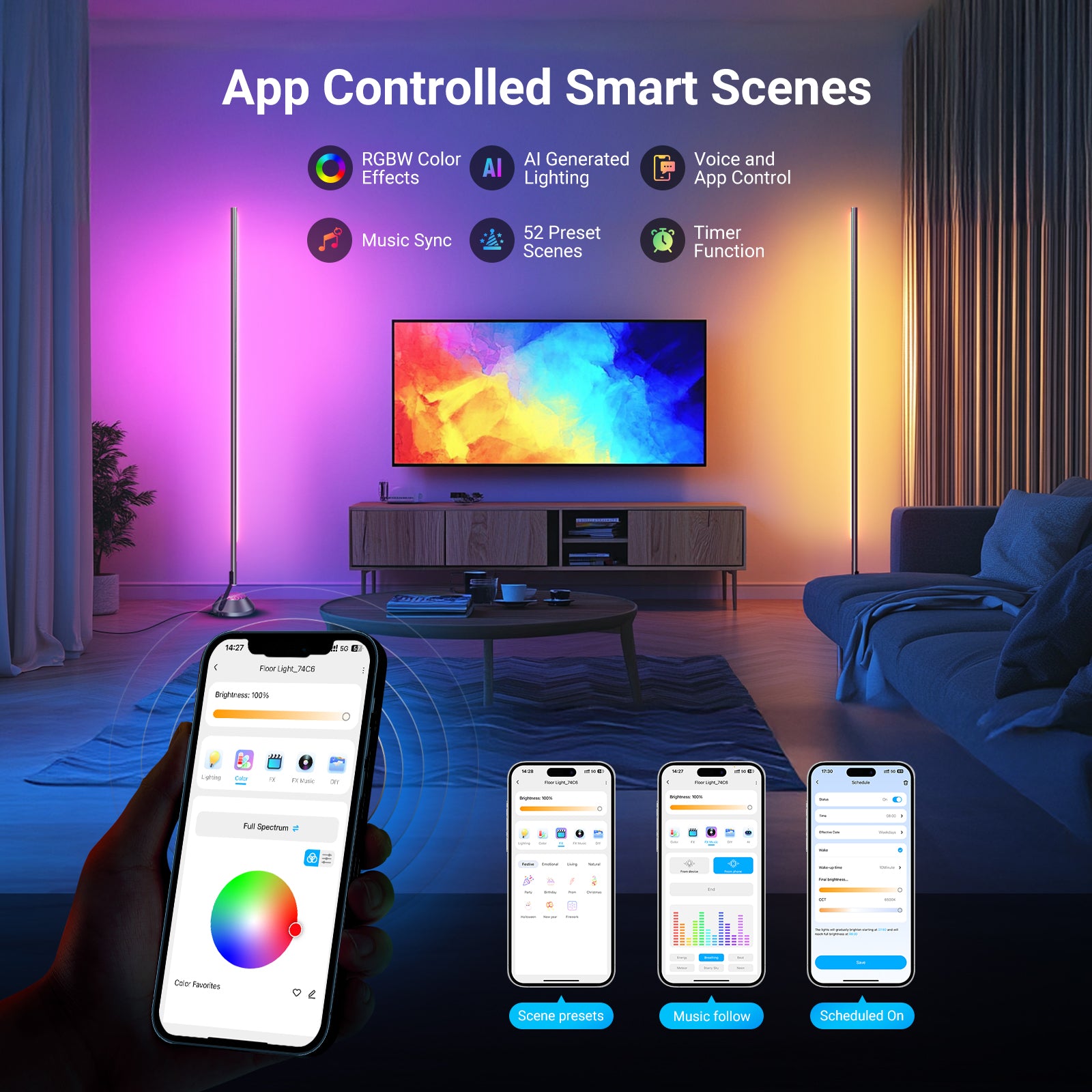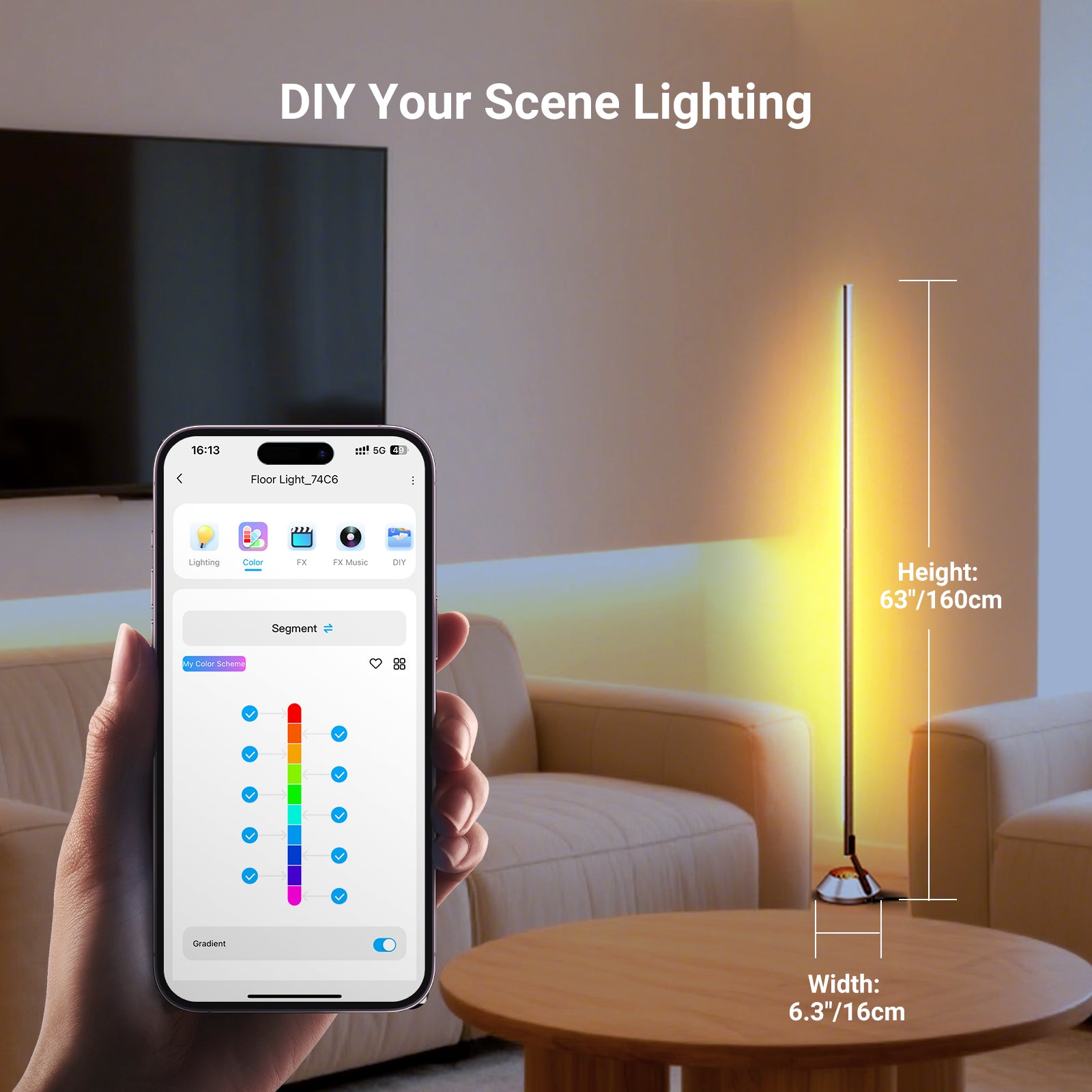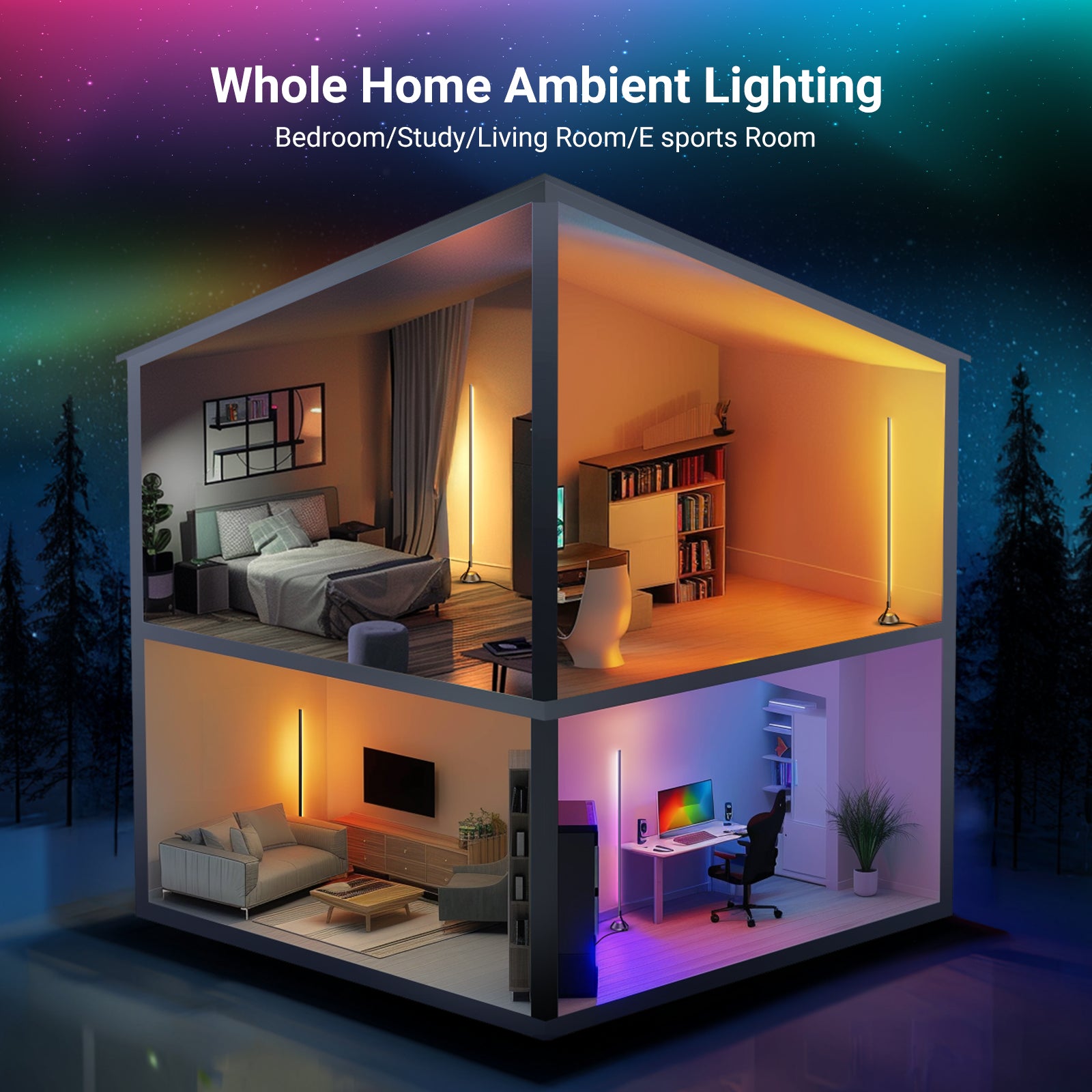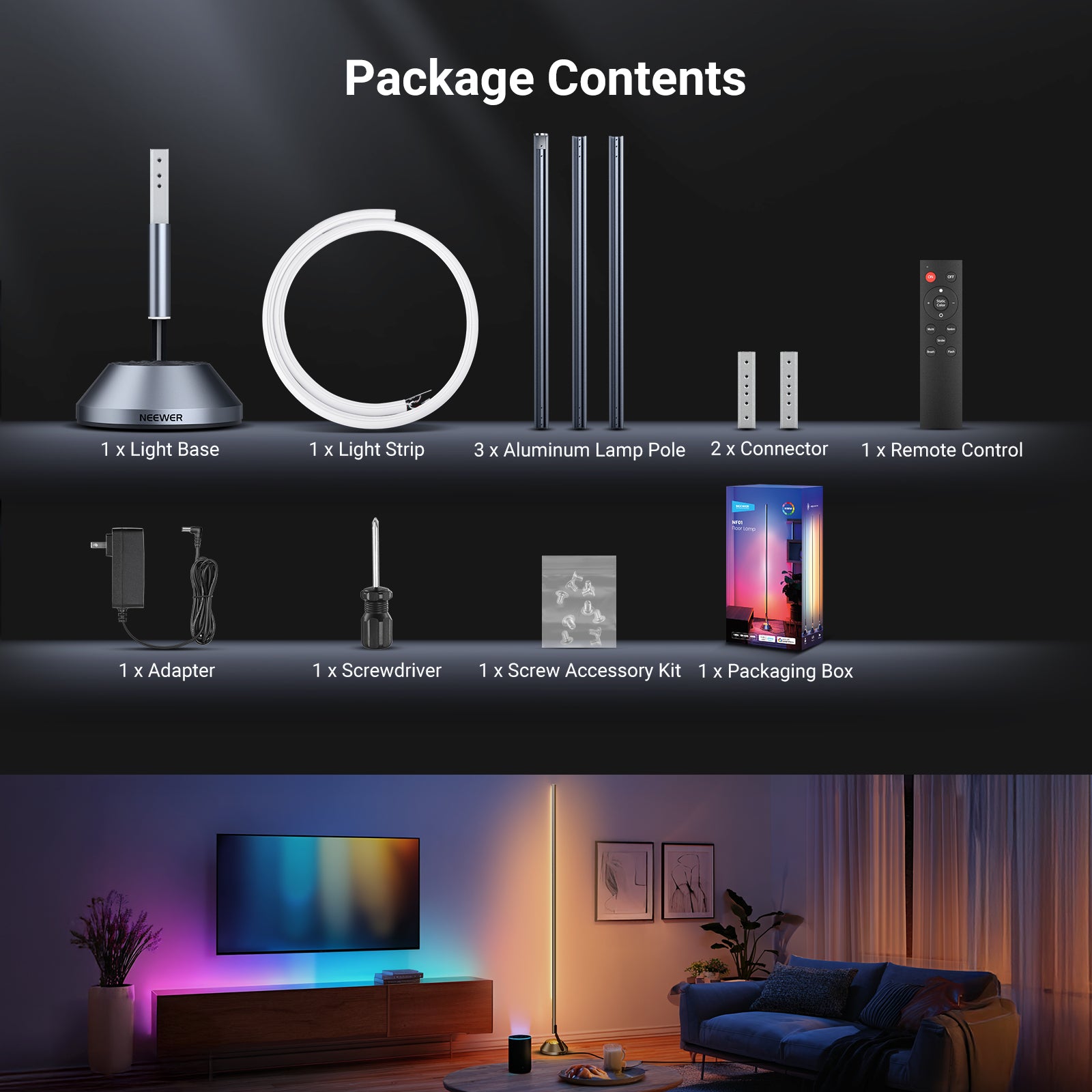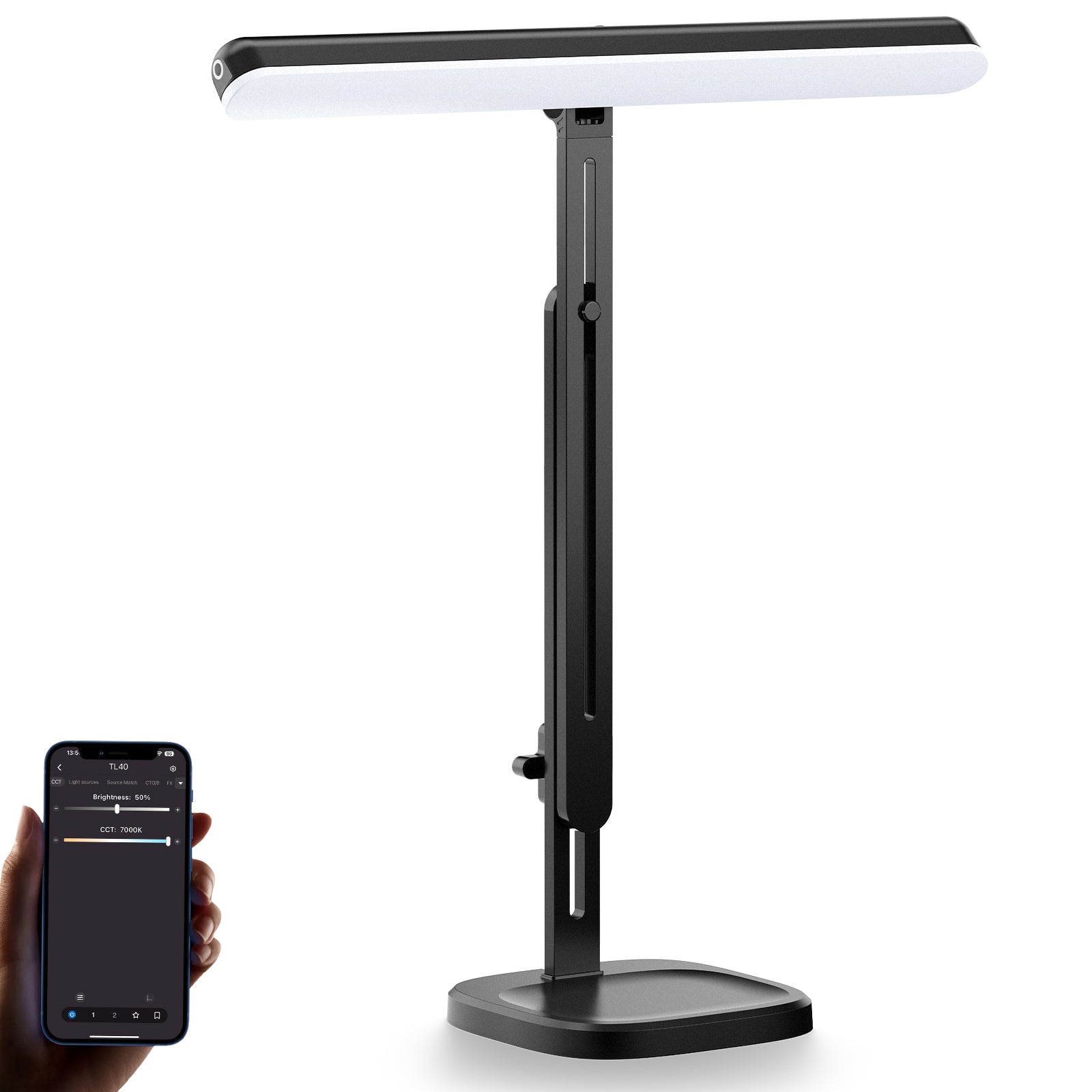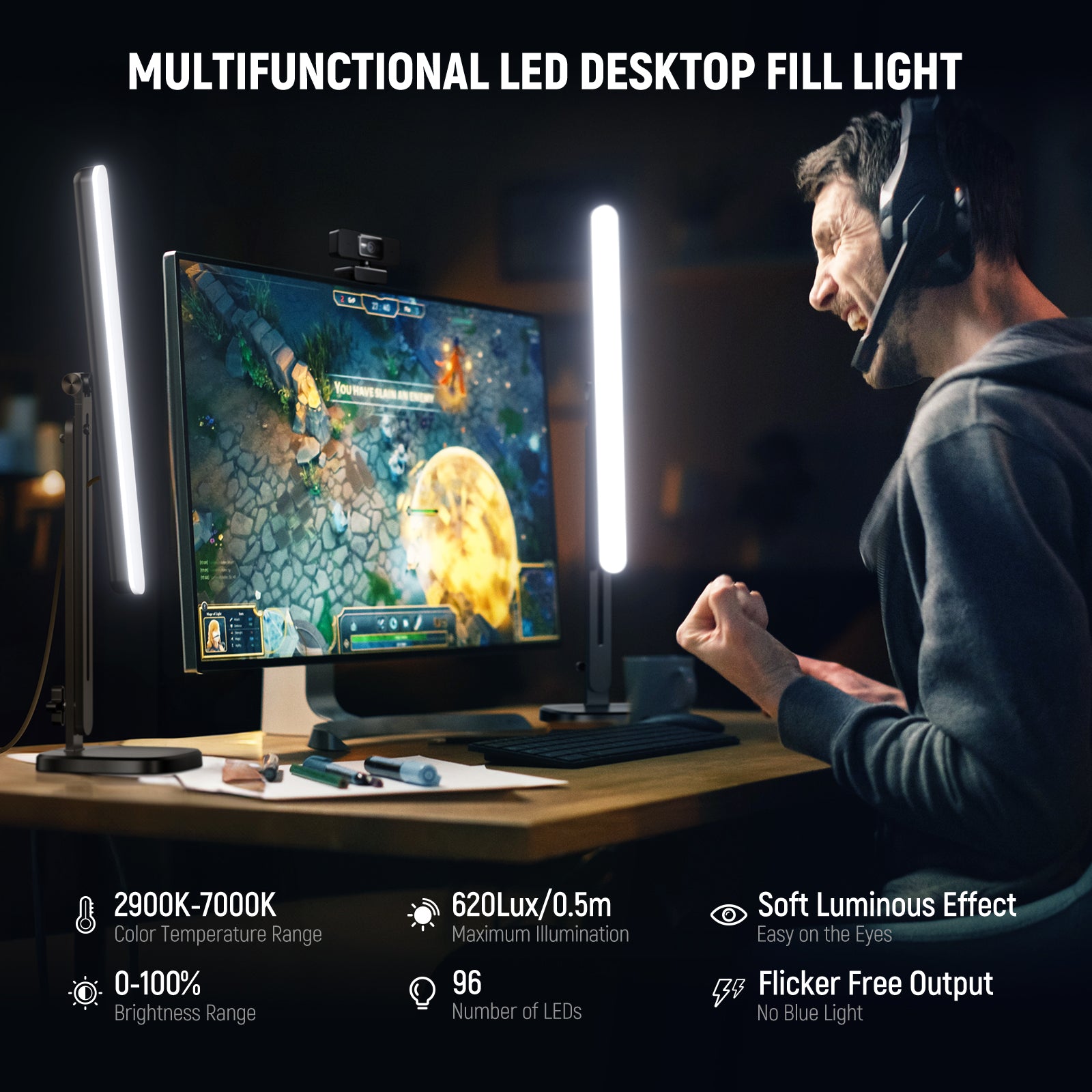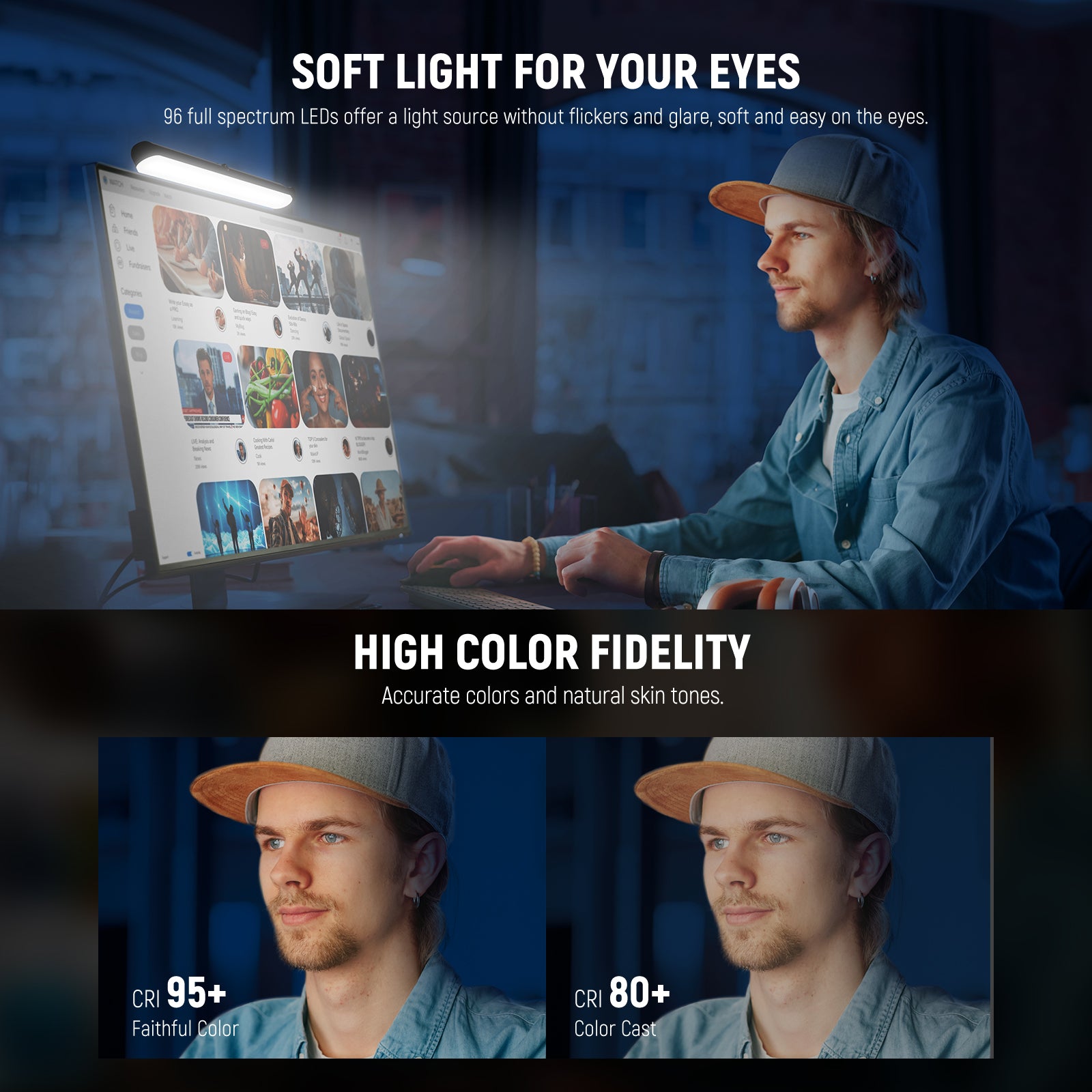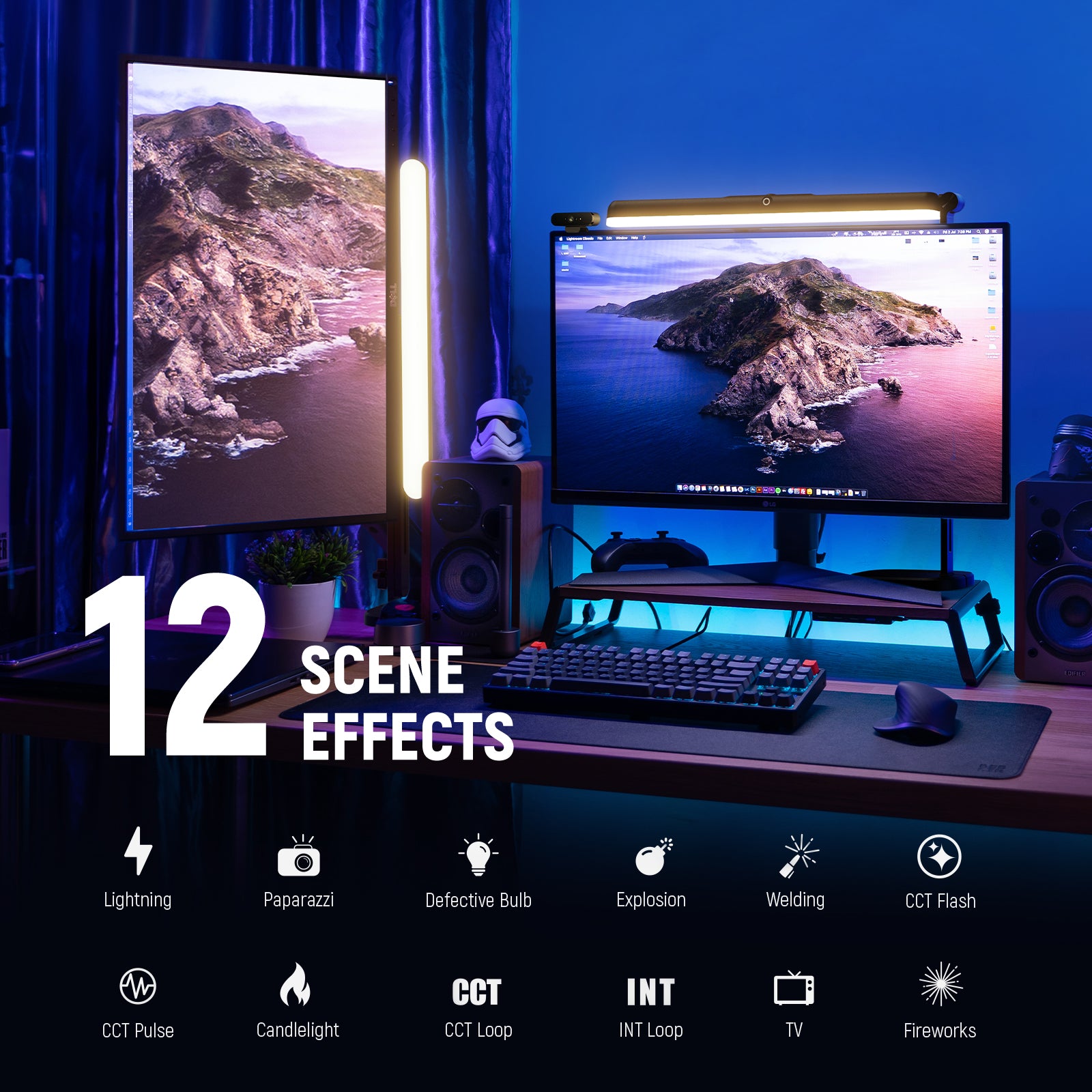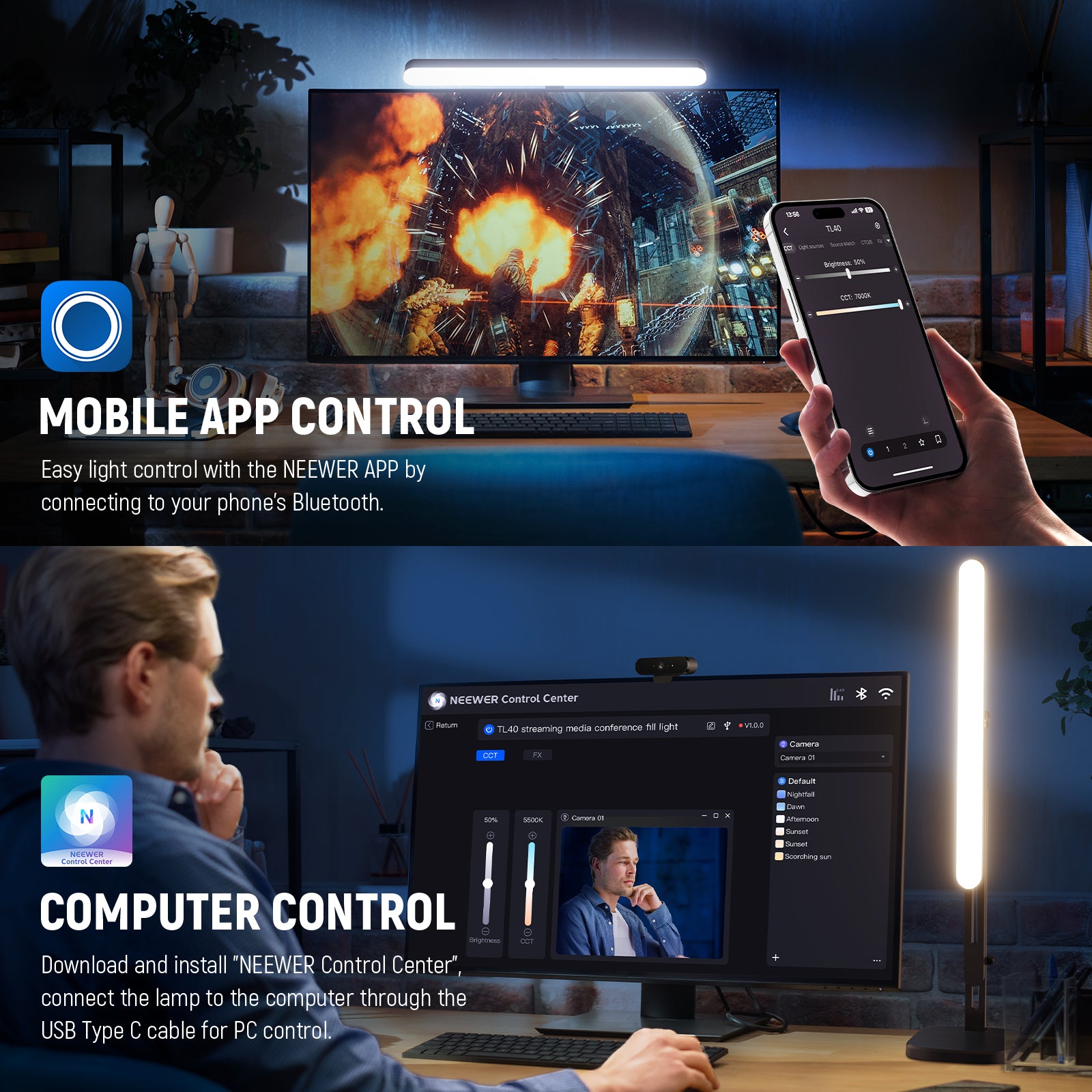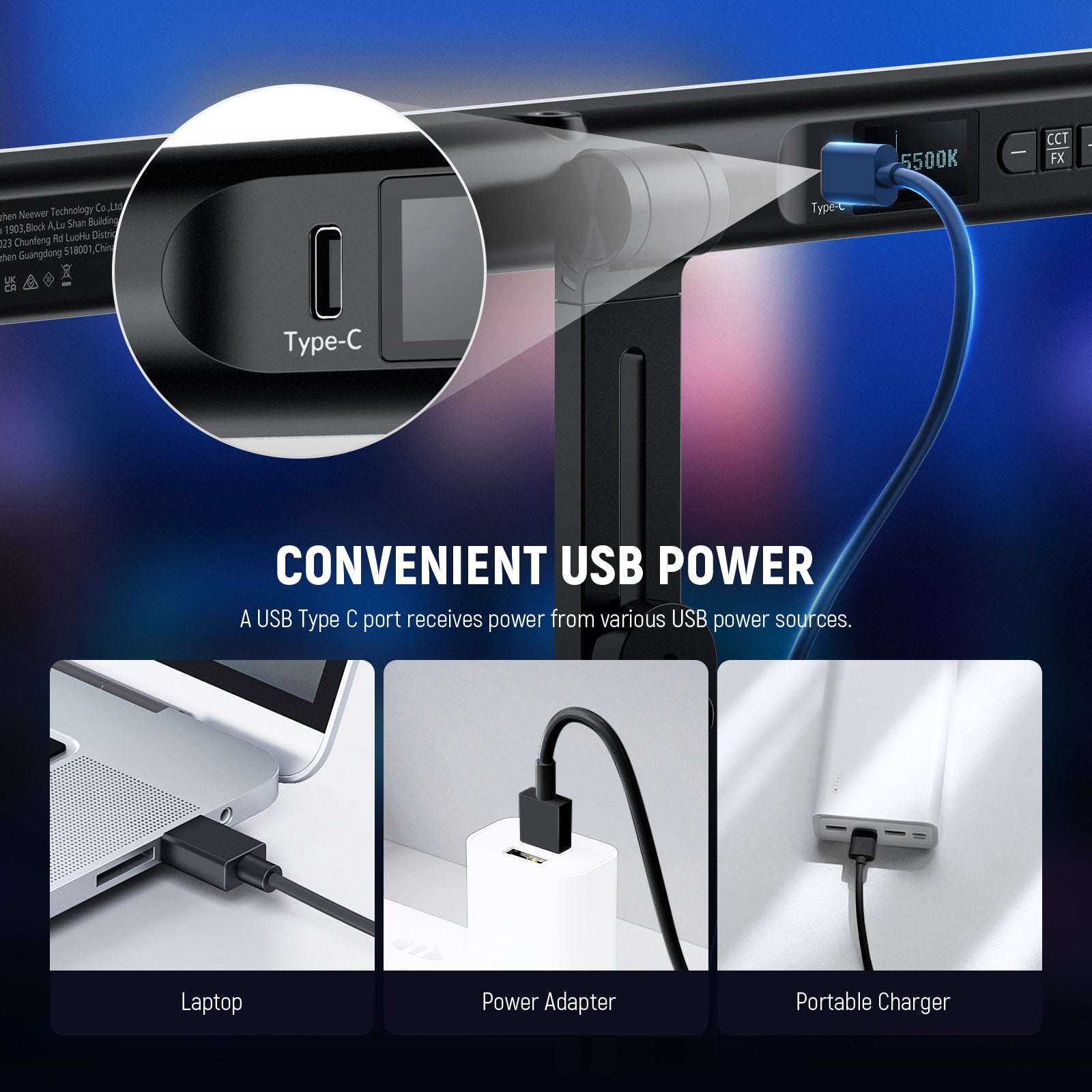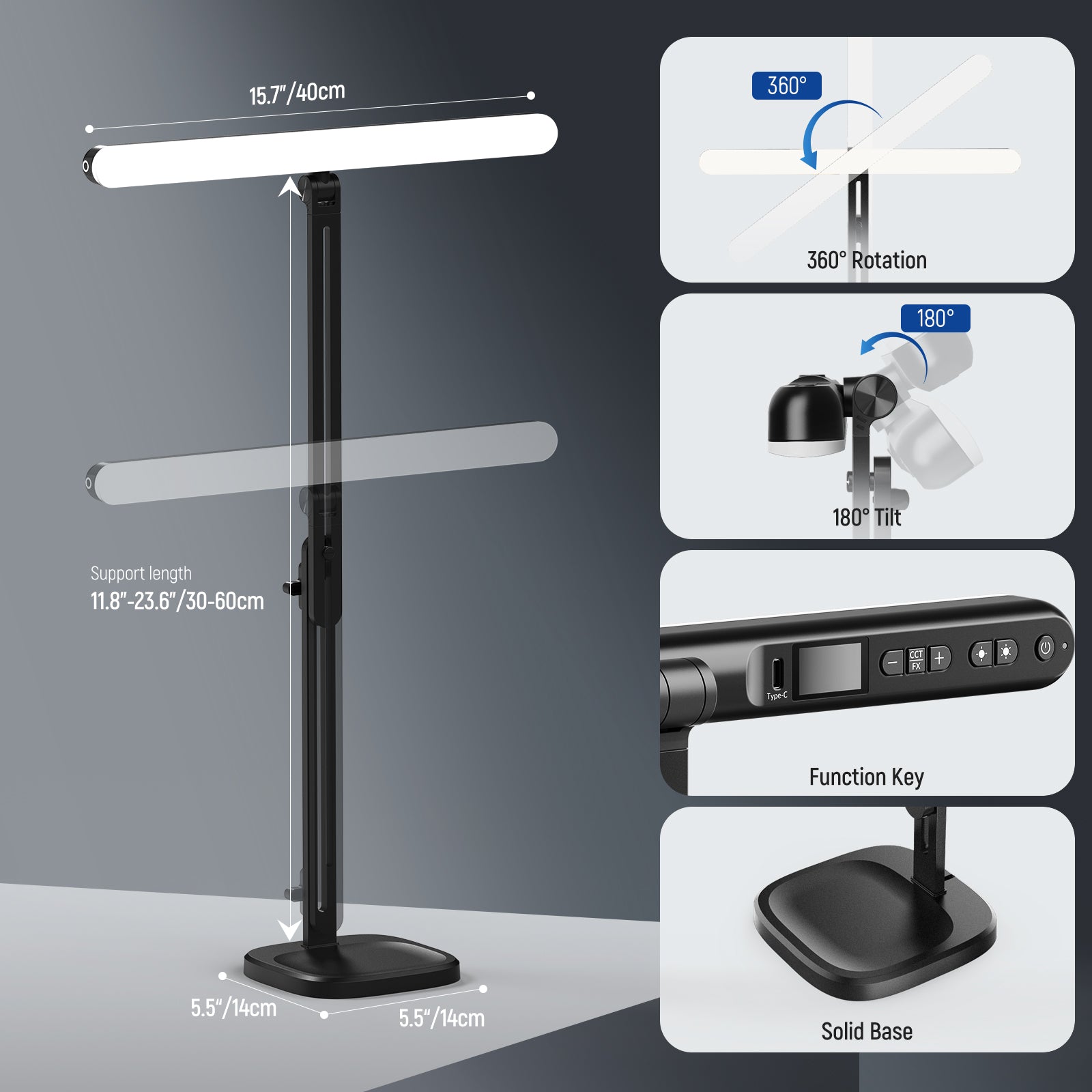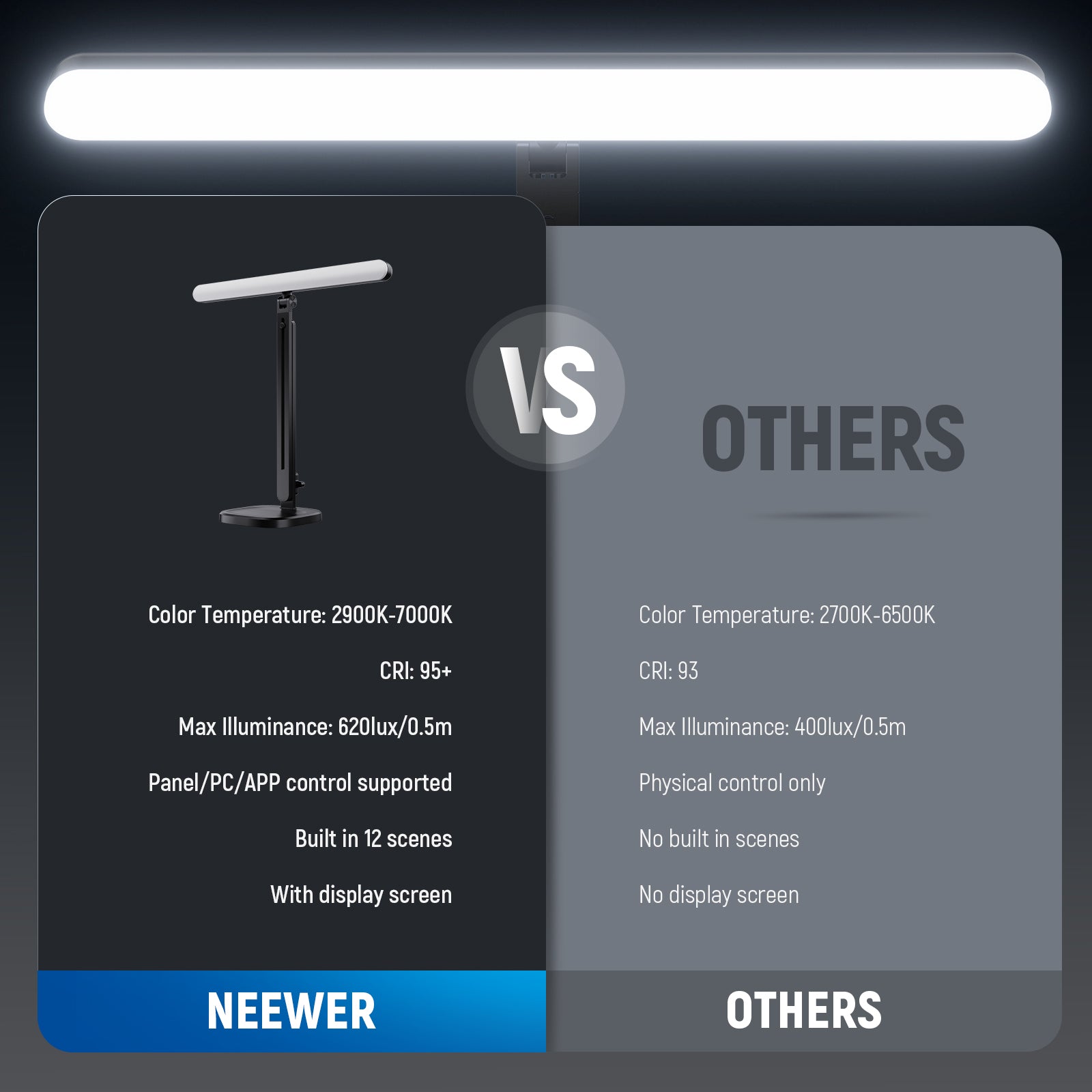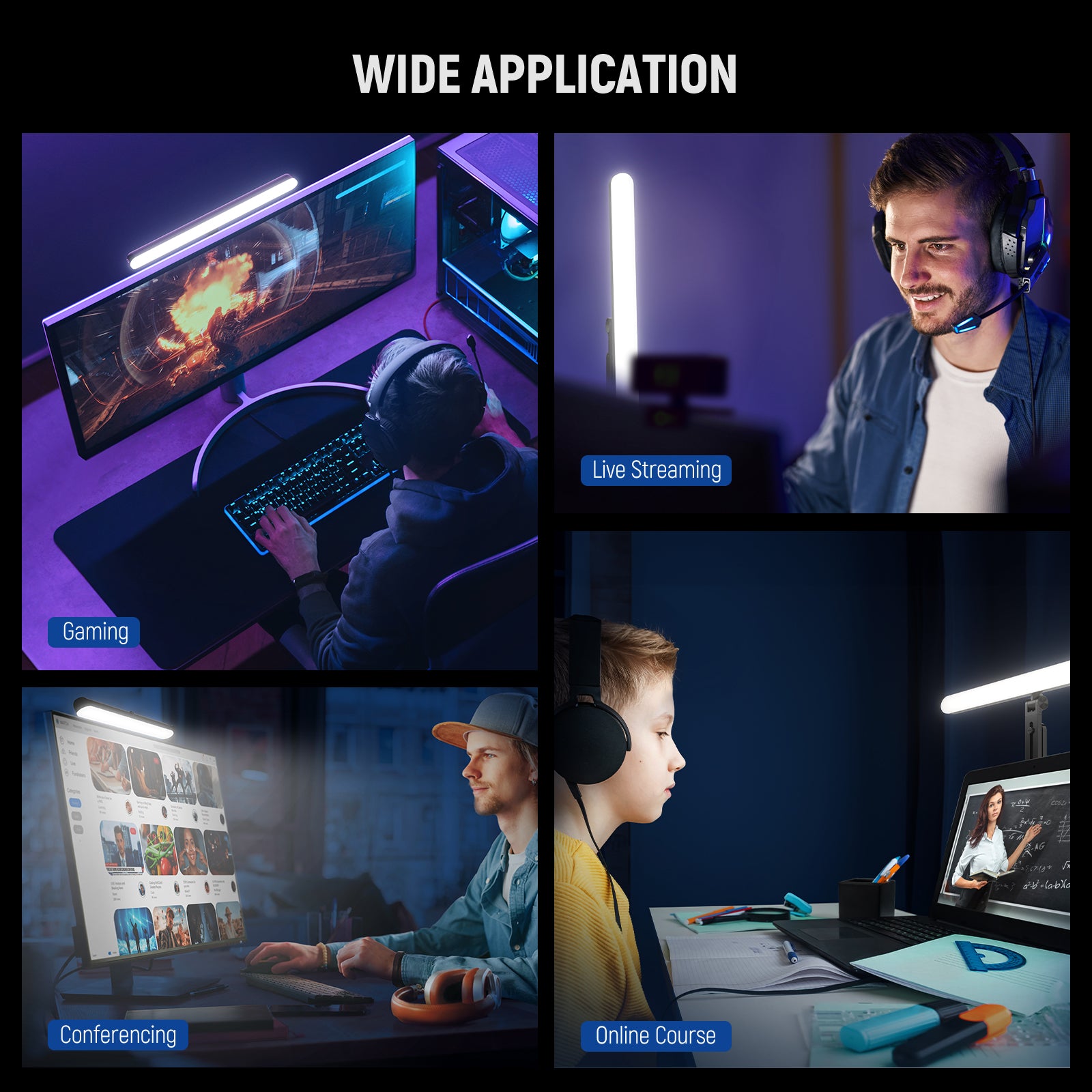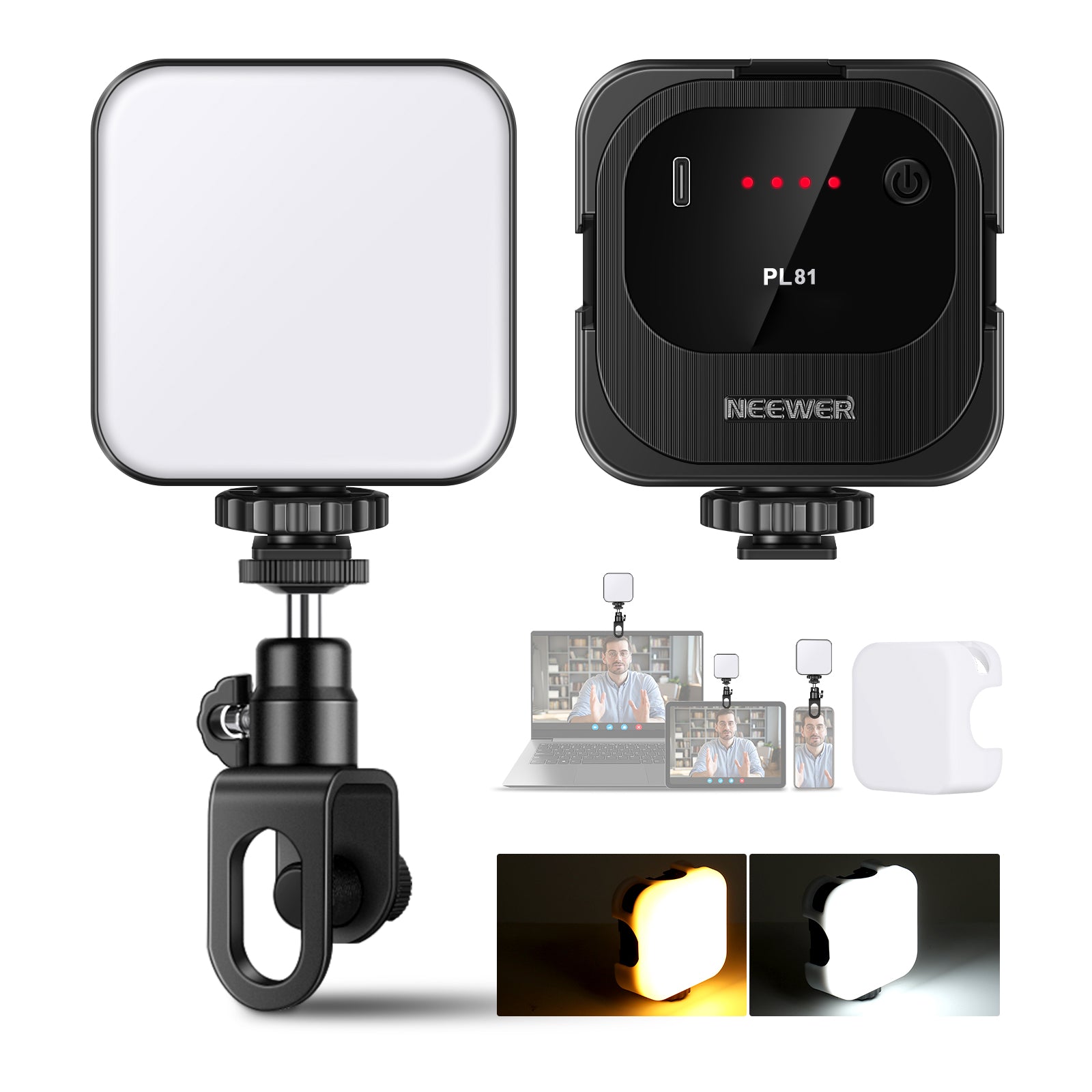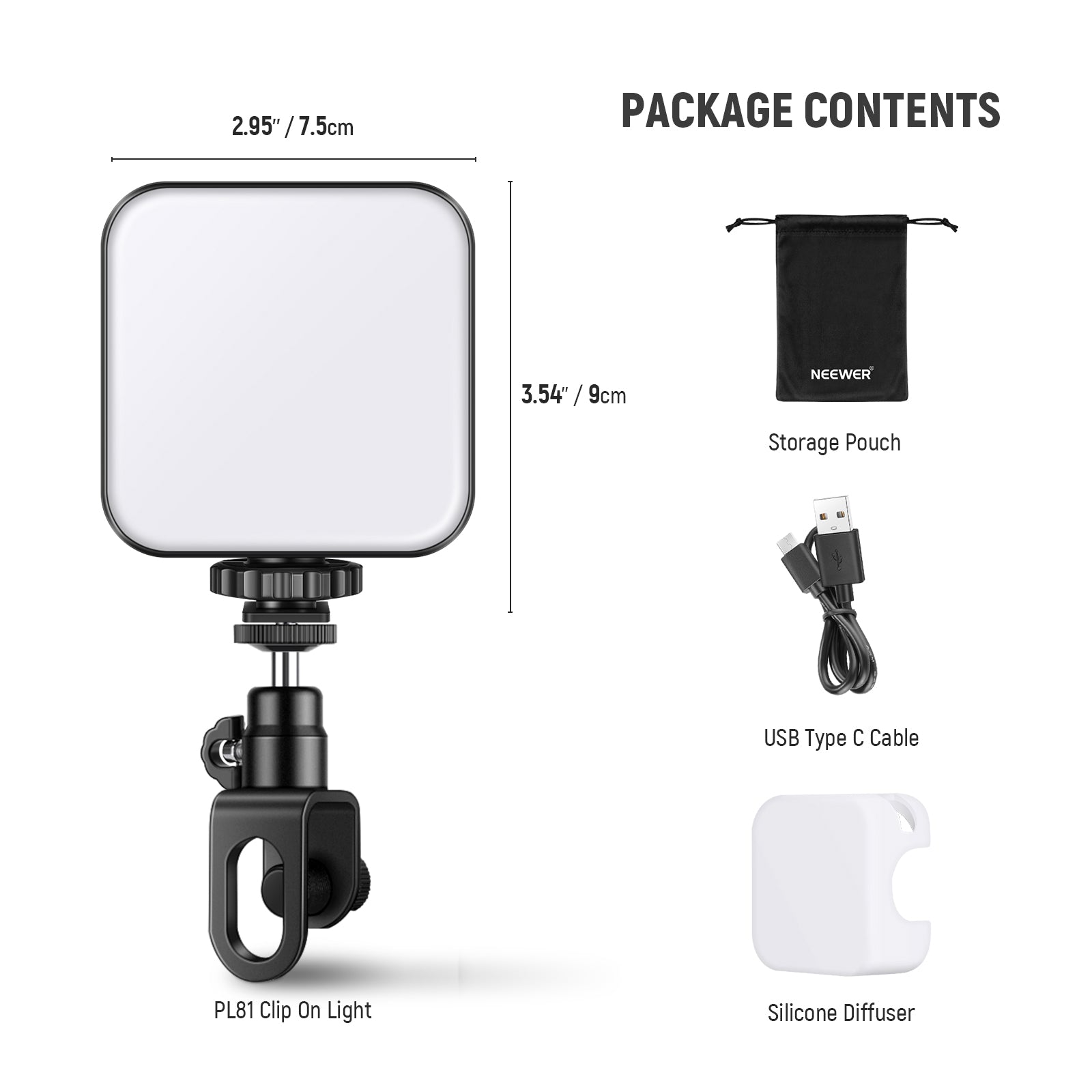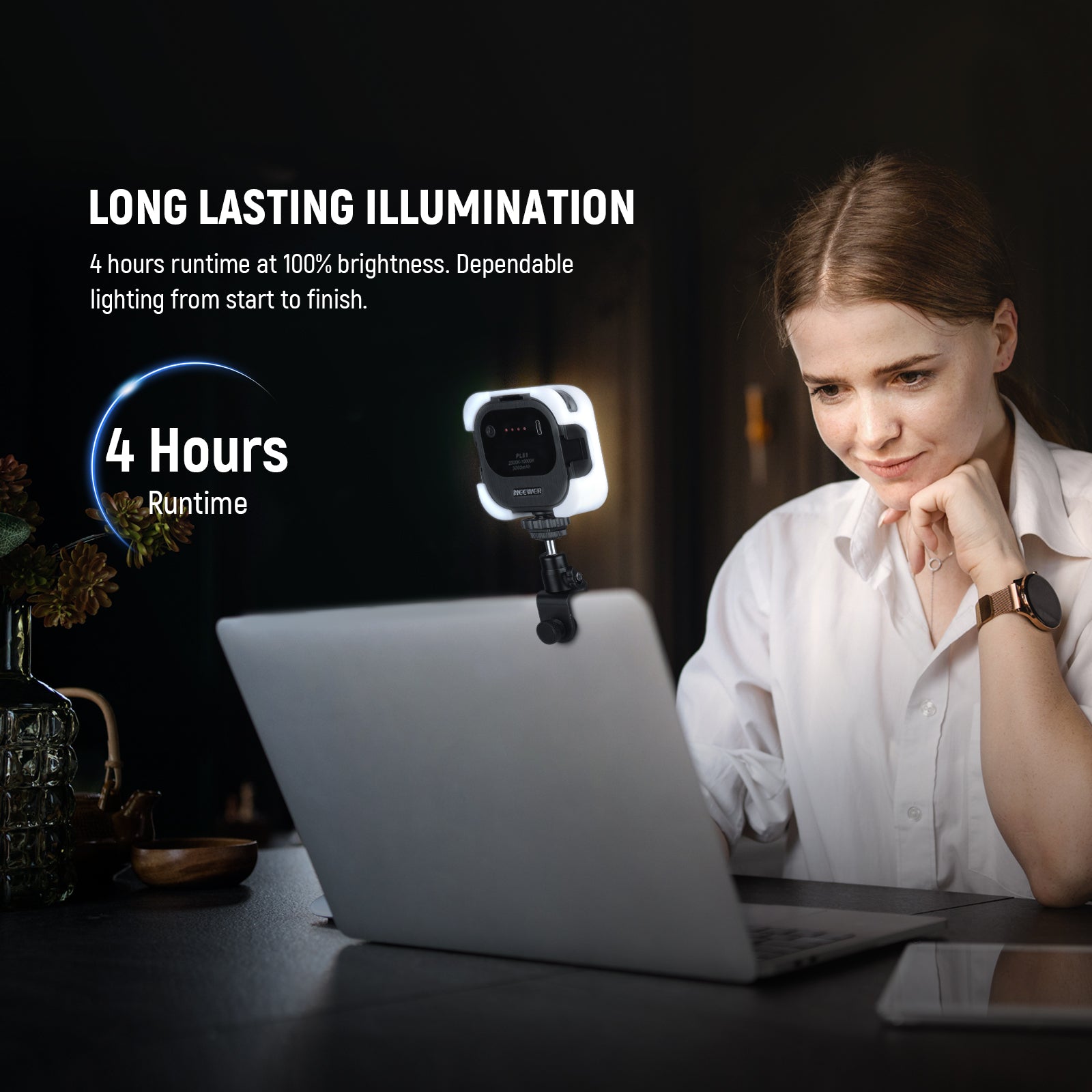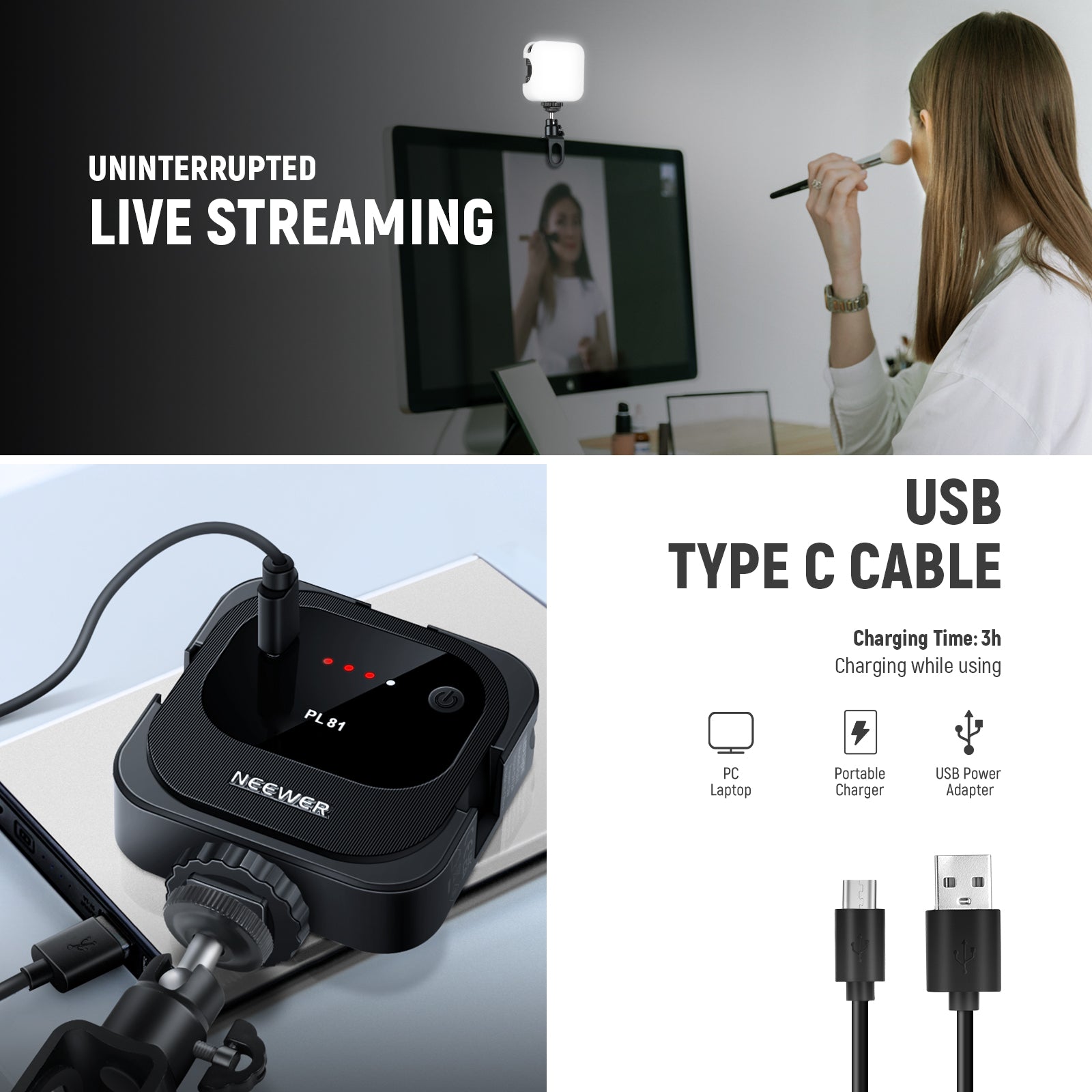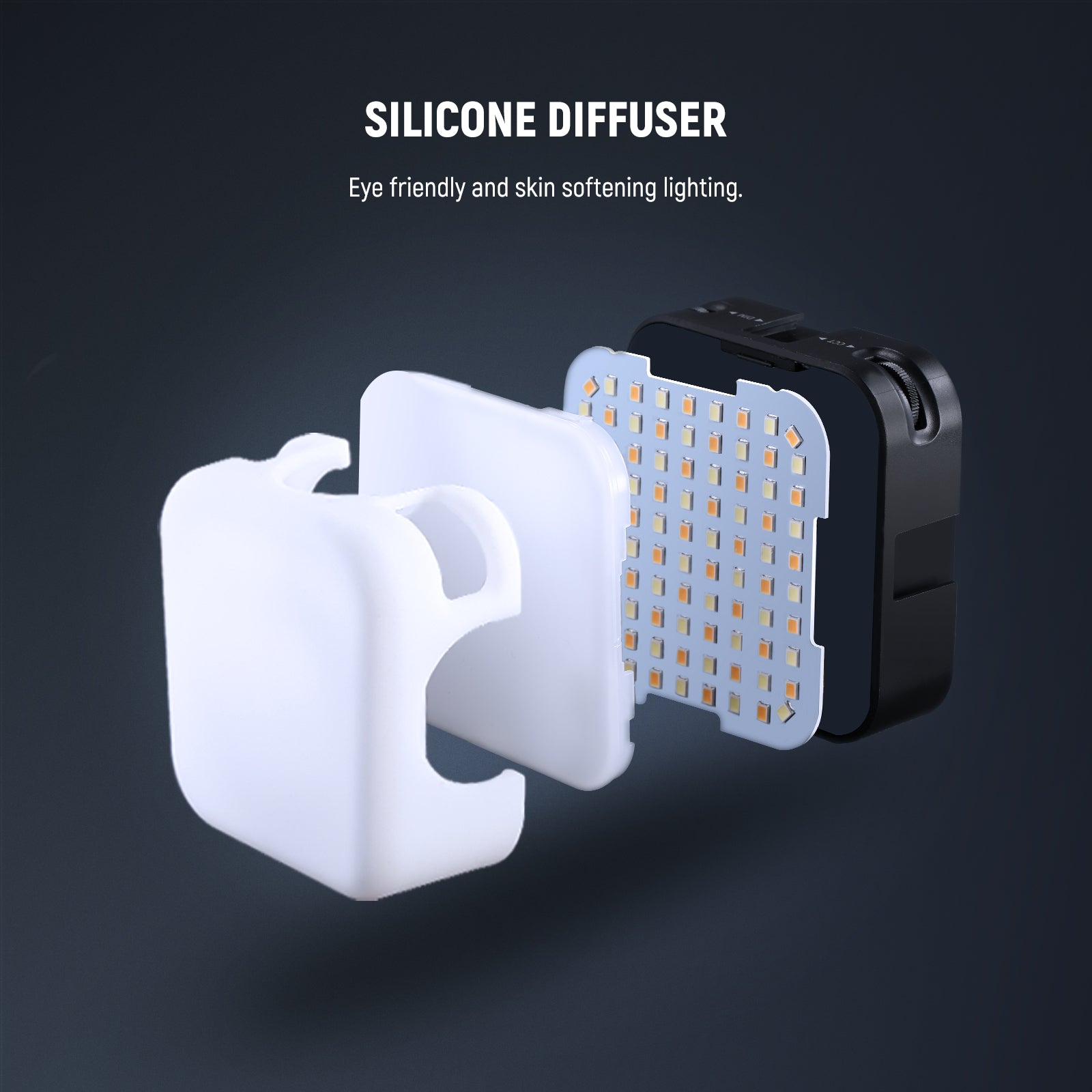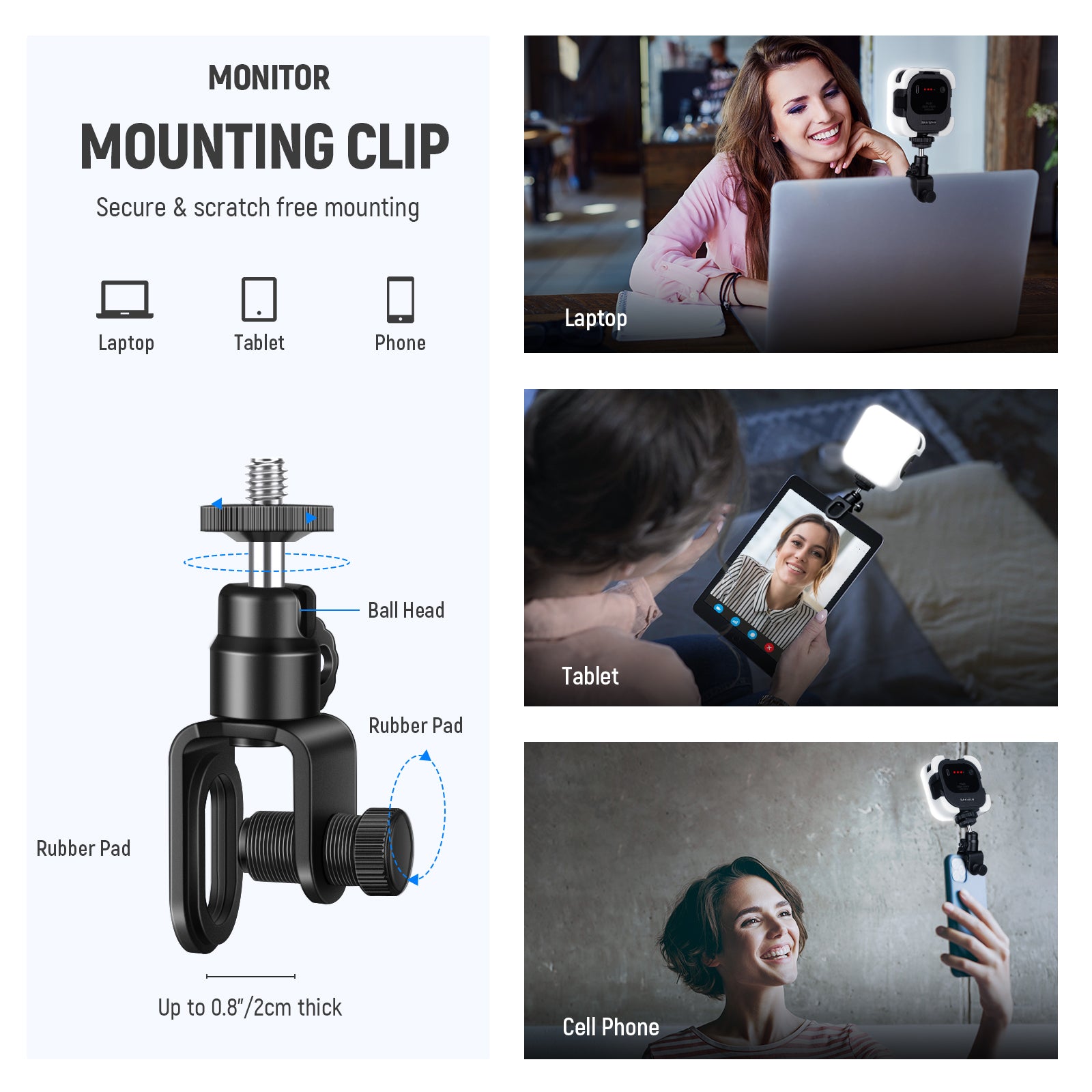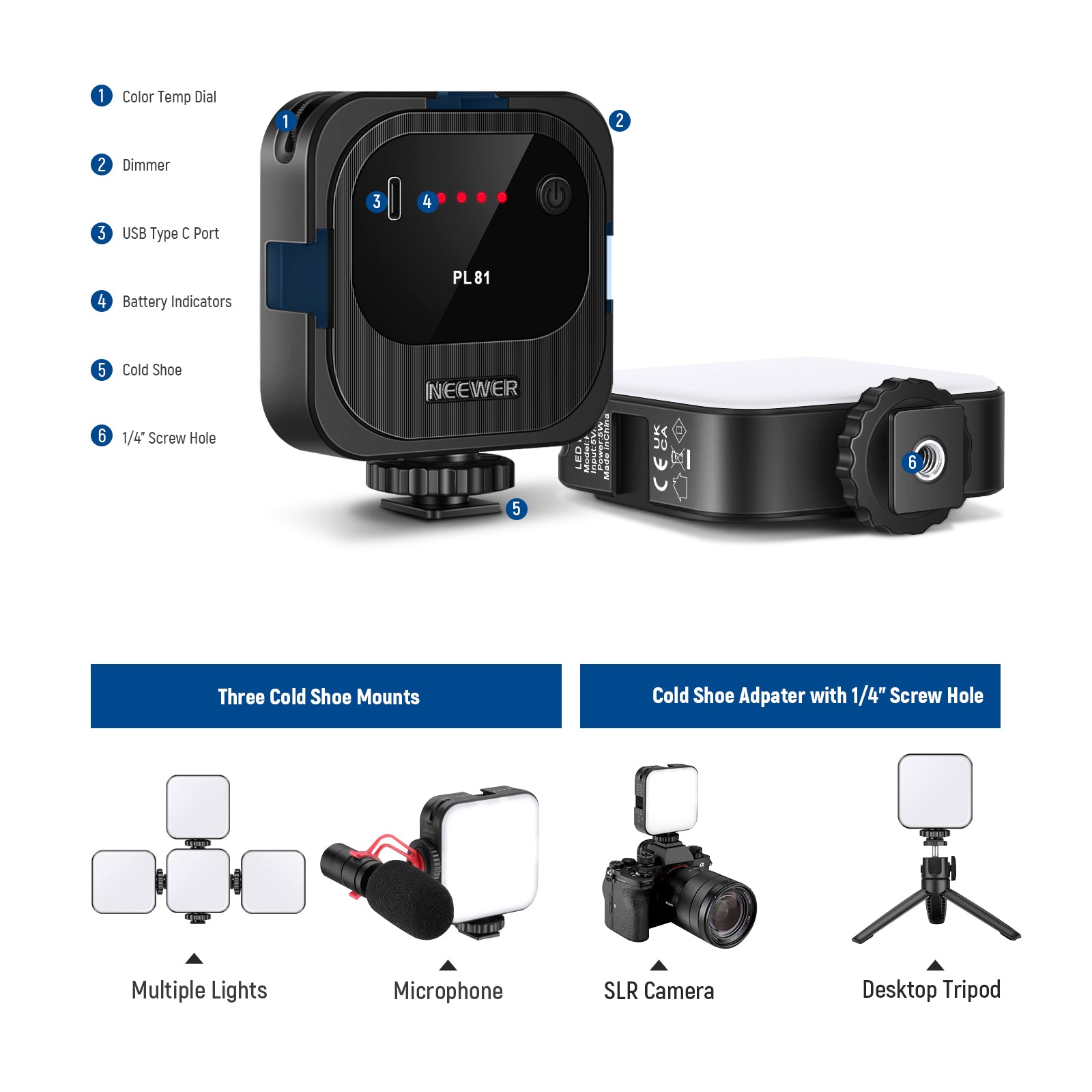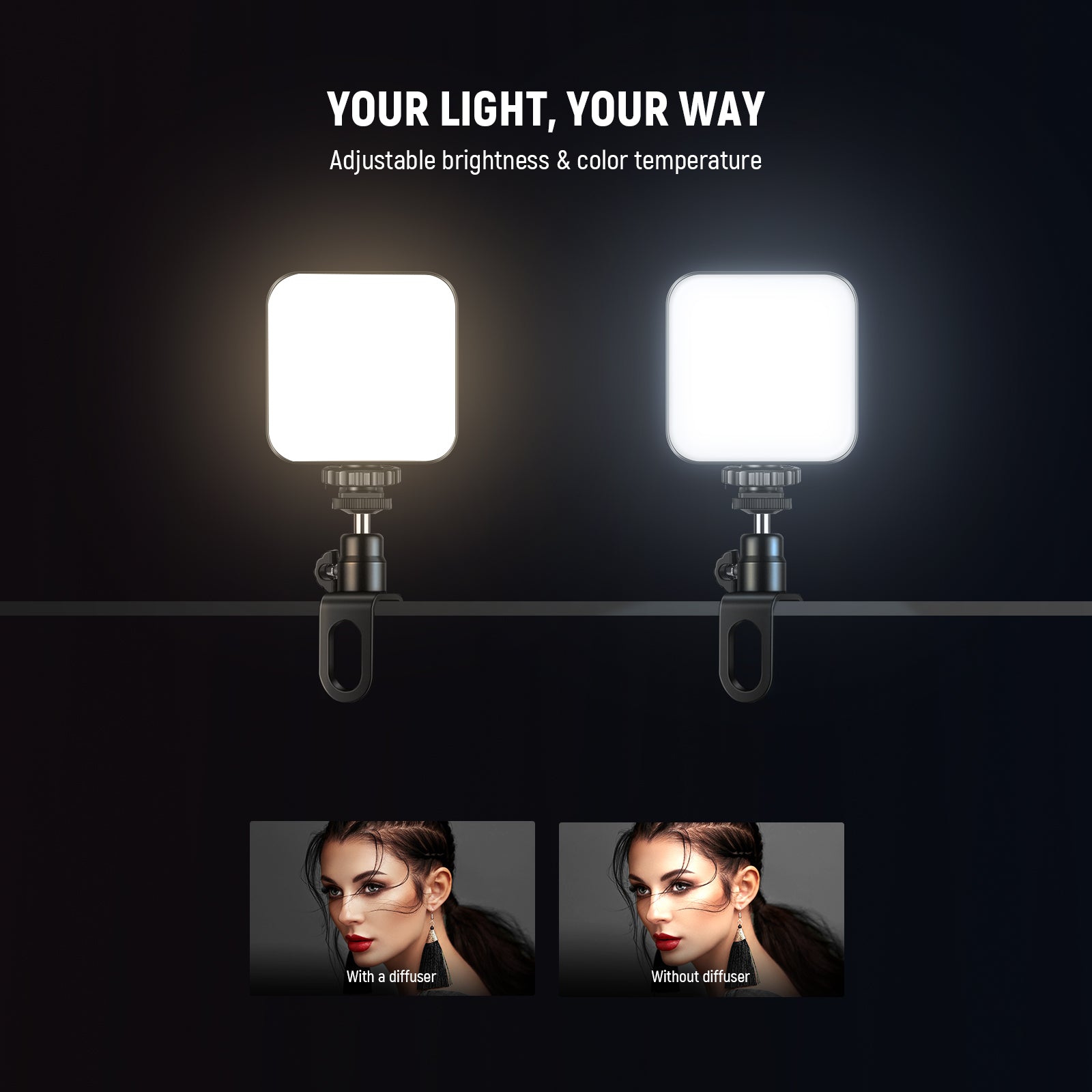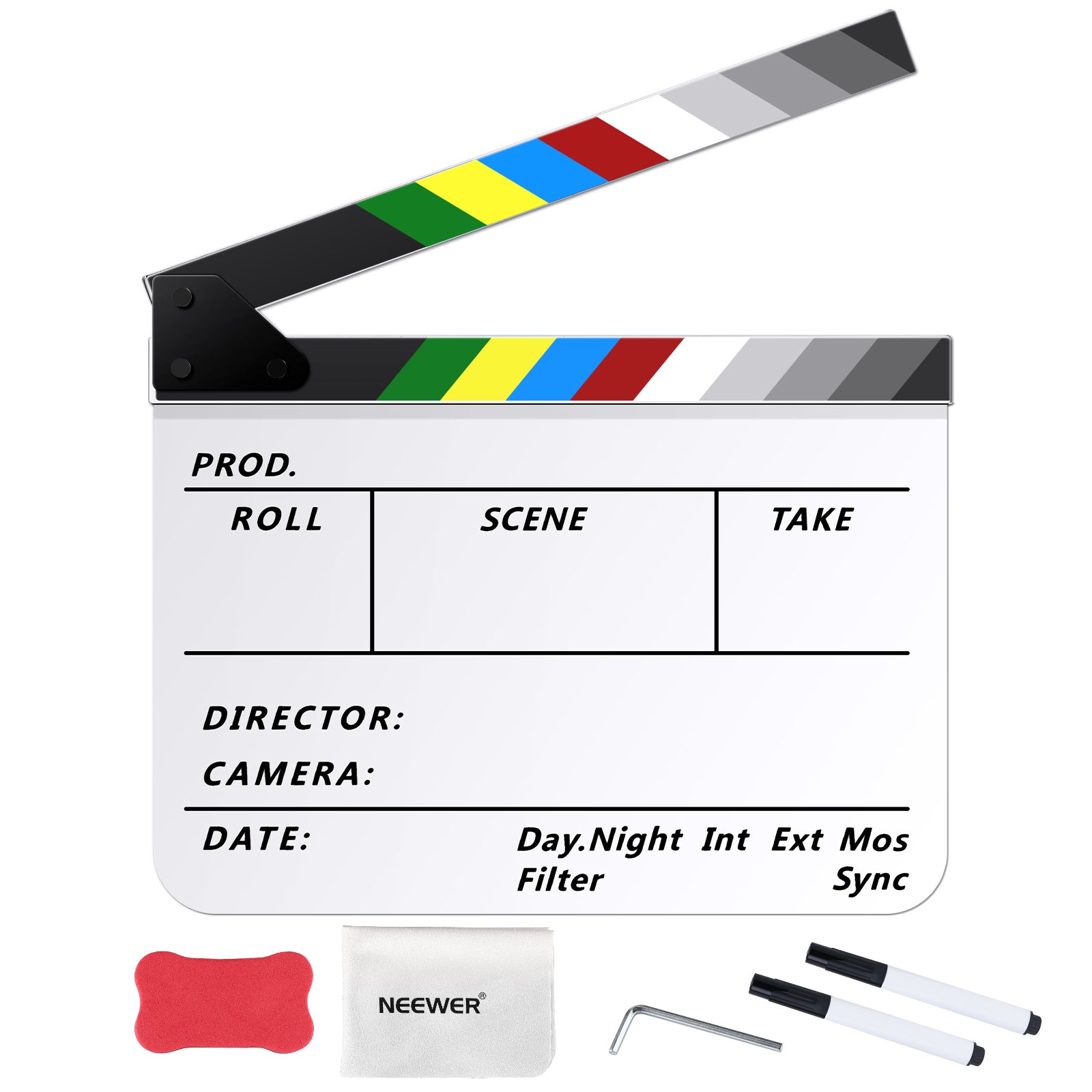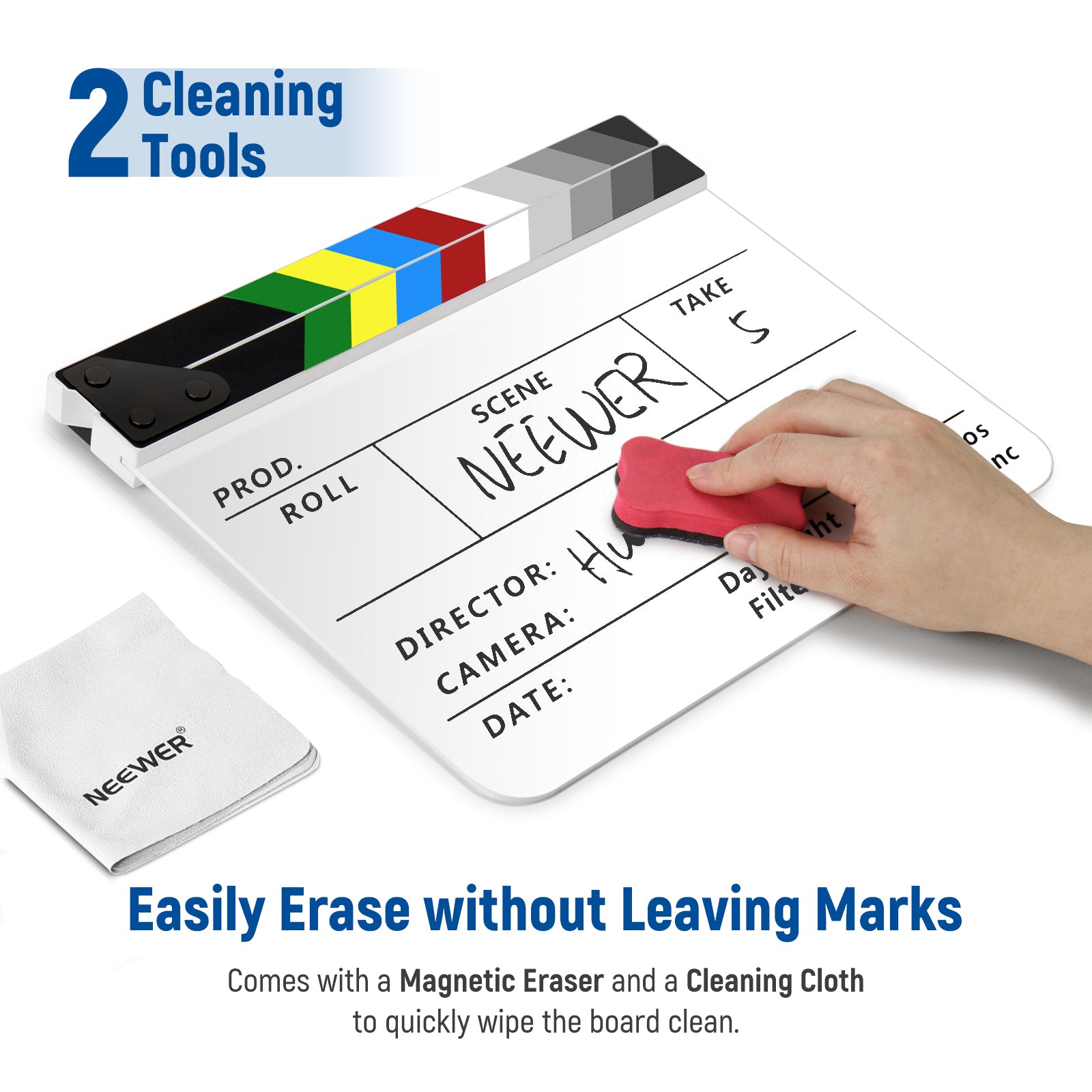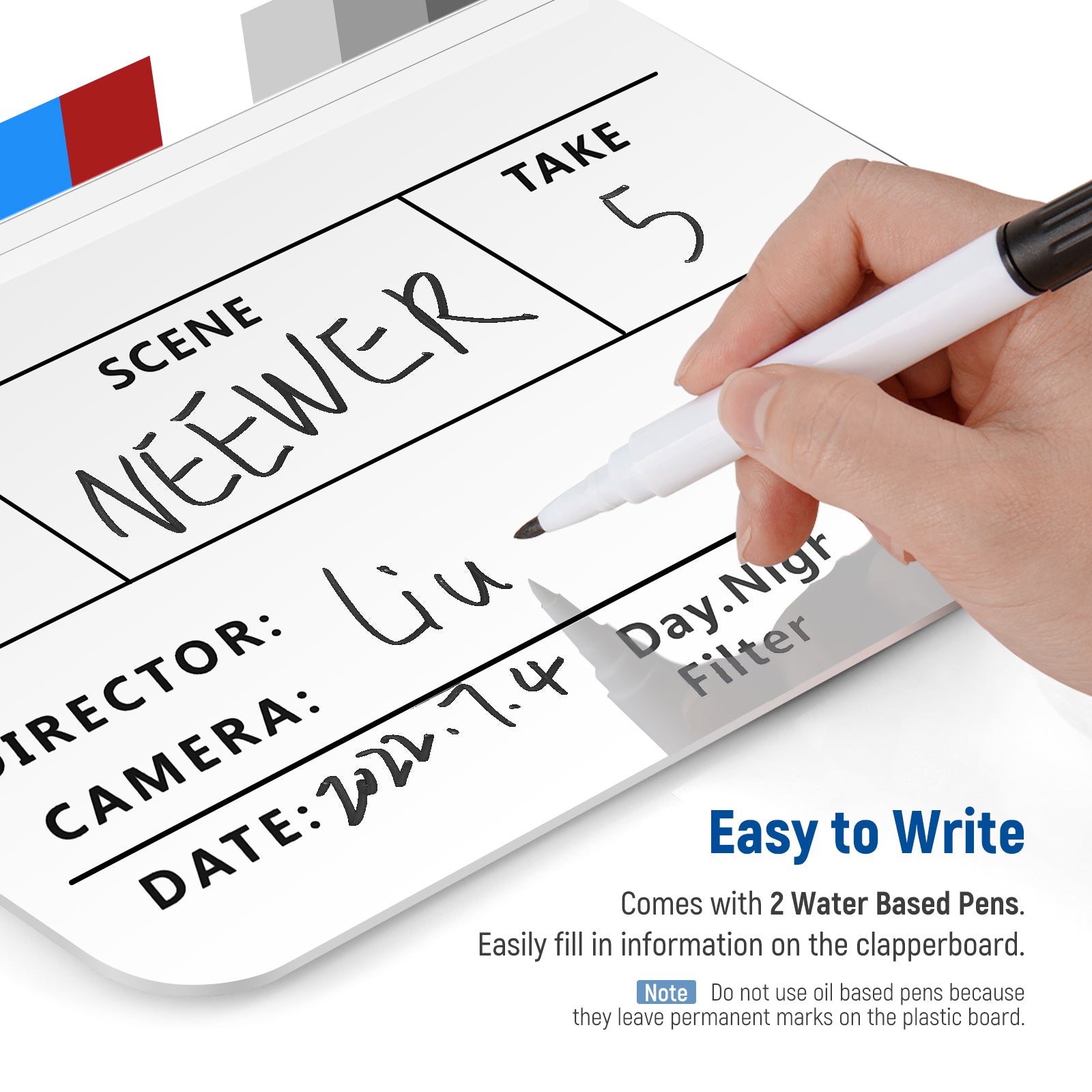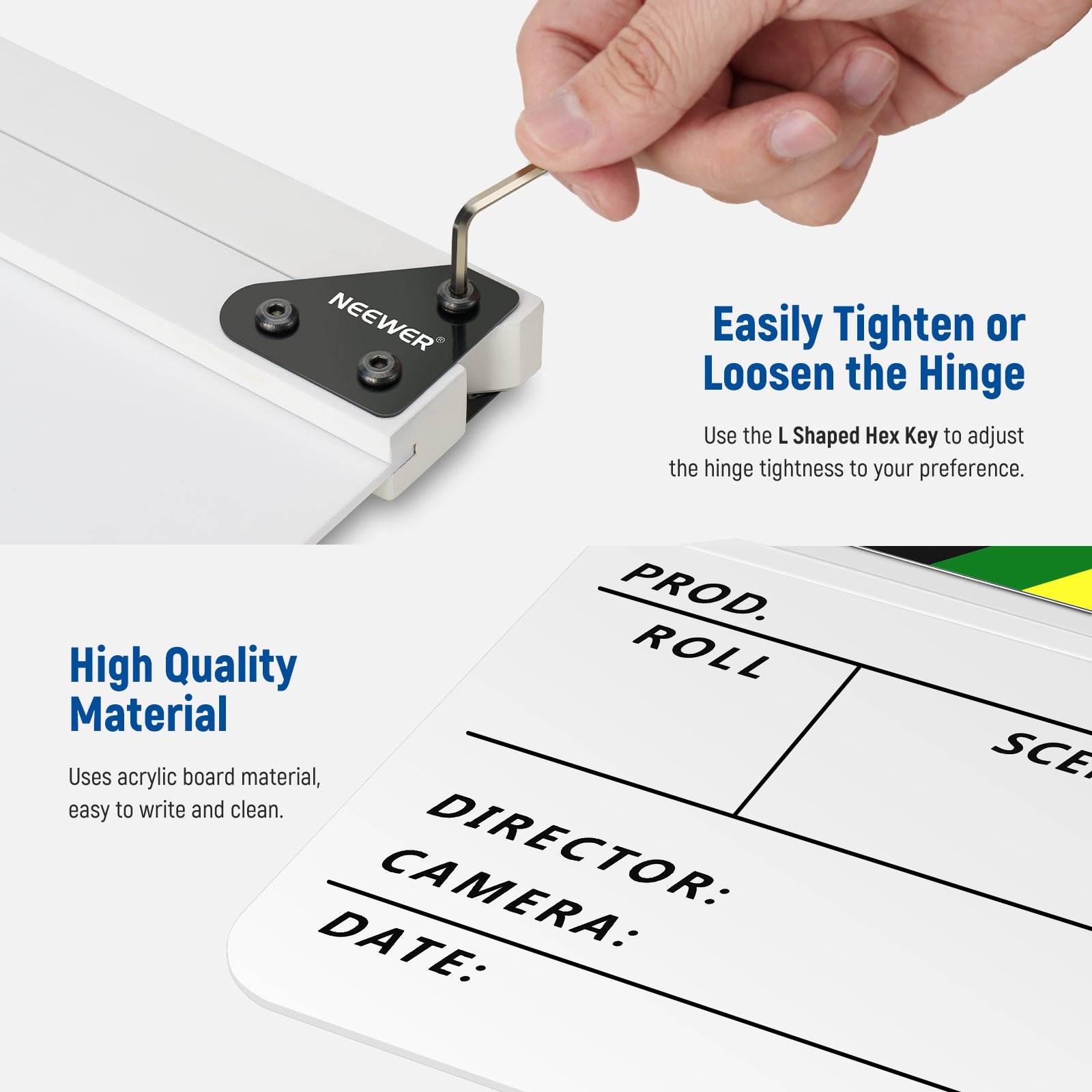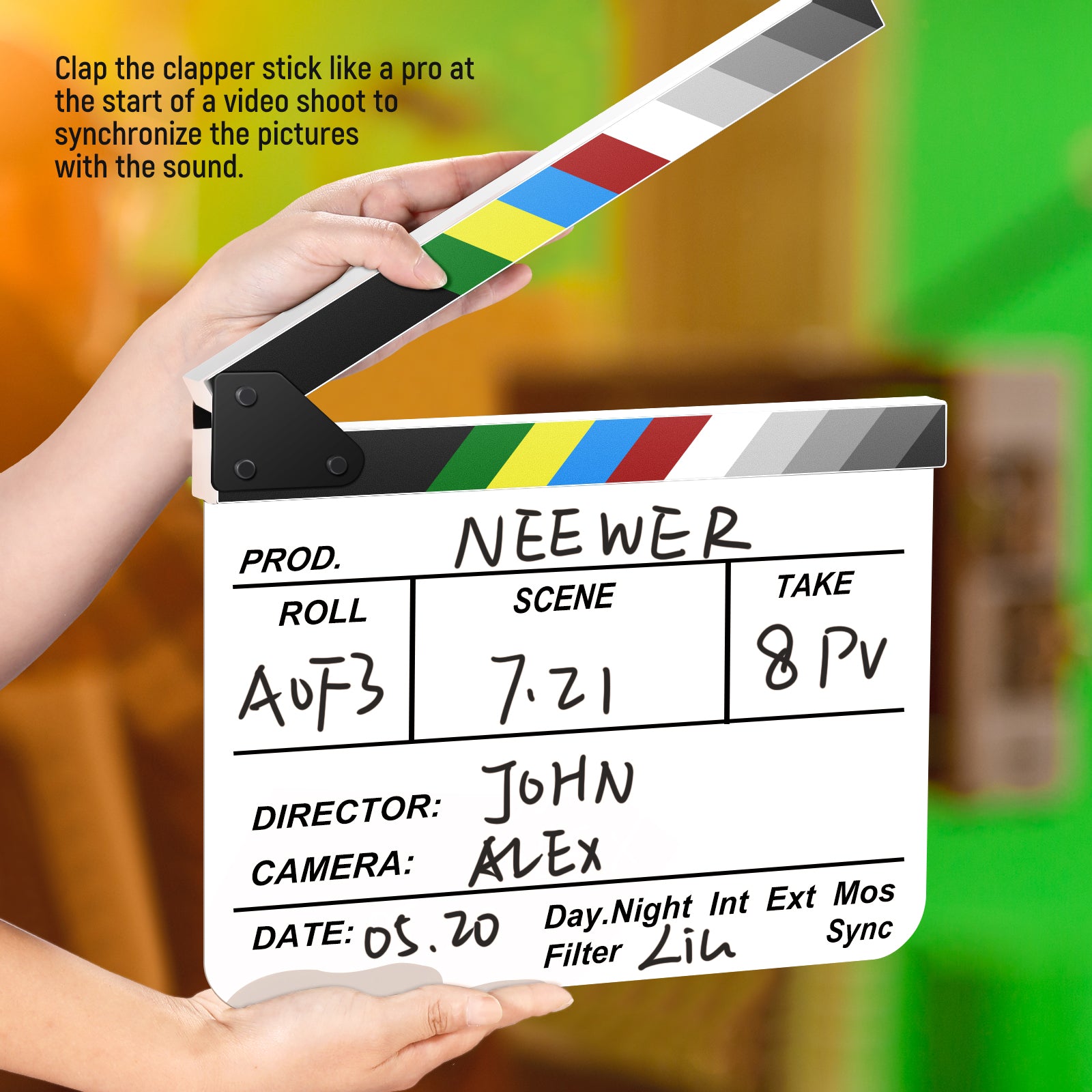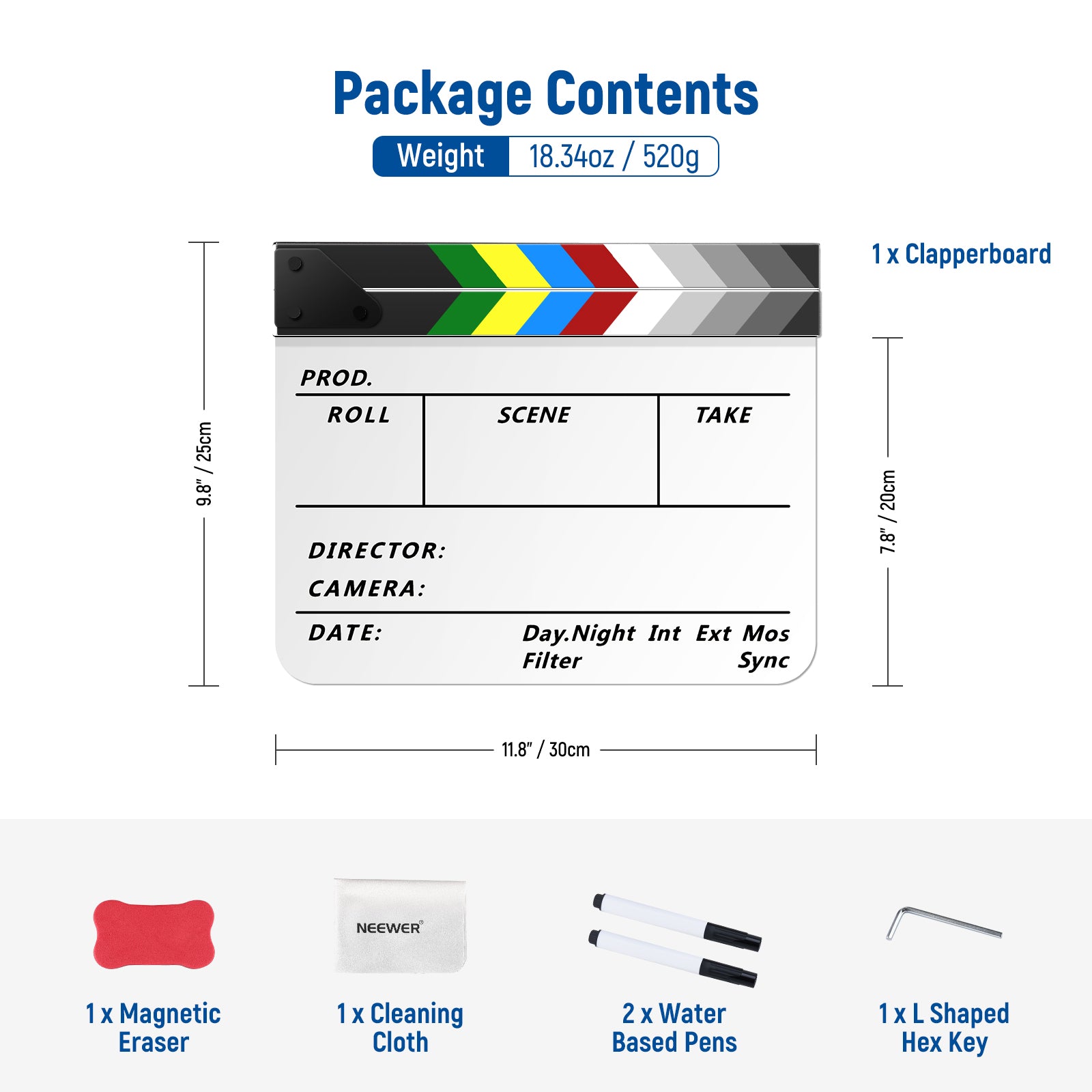Table of Contents
A high-quality UV lens filter can prevent scratches, dust, fingerprints, and even minor impacts from damaging the front lens elements. Many people worry that it may affect image quality, but if you choose a high-quality filter, it will not cause this issue at all, and it will also serve as a low-cost insurance policy for expensive lenses. In this blog post, we have selected several of the best UV lens filters and shared tips on how to choose one.
Best UV Lens Filters in 2026
1. NEEWER MC UV Protection Filter

The NEEWER MC UV Protection Filter features 24 layers of nano-coating, which not only protects the front lens elements but also effectively reduces reflections and glare. It also offers waterproof, scratch-resistant, and anti-static properties. Additionally, this UV lens filter is equipped with high-definition glass that delivers outstanding optical performance, ensuring no compromise in image quality and accurate color reproduction.

The frame of this NEEWER MC UV Lens Filter is very thin and made of CNC-machined black anodized aluminum, making it sturdy and rust-resistant. Therefore, when using wide-angle or telephoto lenses, you don't have to worry about vignetting. It comes in a variety of sizes to meet the needs of different lens sizes.
Pros:
- Premium HD Optical Glass
- Ultra Slim yet Robust Frame
- Double-Sided Multiple Coatings
2. NEEWER MRC Ultra-Slim UV Lens Filter

If you are looking to invest in a UV lens filter with higher light transmission and lower reflectance, the NEEWER MRC Ultra-Slim UV Filter for Lens is the perfect choice. Featuring 30 layers of optical coating, it offers up to 99.8% light transmission and a minimum reflectance of less than 0.1%, effectively blocking ultraviolet rays ranging from 300nm to 410nm.

When shooting high-altitude and snowy landscapes, the NEEWER MRC Ultra-Slim UV Lens Filter prevents blue tints while enhancing contrast. It also protects against dust, scratches, and impacts. This UV filter is extremely slim, measuring just 0.22” in thickness and only 0.14” when screwed onto the lens, making it an ideal choice for wide-angle and telephoto lenses.
Pros:
- High-Quality Optical Glass
- Nano-Coatings
- Strong Lens Frame
3. NEEWER UV Filter for Fujifilm X100 Series

For photographers using the Fujifilm X100 series cameras, the NEEWER UV Lens Filter is the perfect choice. Specifically designed for the X100 series cameras, simply screw it onto the camera lens, and it will fit snugly, making it very easy to install and remove. This UV protection filter features a 99.8% light transmission rate, blocking UV rays while protecting the lens from dust, scratches, and impacts.

This NEEWER UV Filter for Fujifilm X100 Series Cameras also features a double-sided 30-layer nano-coating, providing excellent protection. It is worth mentioning that this UV lens filter has a stylish appearance and is available in black and silver to complement the color of your X100 camera.
Pros:
- Fully Compatible with X100 Series
- Stylish Look with Anodized Aluminum
- Multi Coated Optical Glass Build
4. NEEWER Lens Filter Accessory Kit

In addition to UV lens filters, if you also want to purchase ND, CPL, and other lens filters, this NEEWER filter set may be right for you. It includes nine accessories for your use, including UV, CPL, FLD, ND2 filters, lens hoods, and more.

After investing in this NEEWER filter set, you can choose the appropriate filter based on your shooting needs. Neutral density filters reduce the amount of light entering the camera sensor to varying degrees and can slow down the shutter speed to achieve long exposure shots. The UV filter helps block ultraviolet rays and protect your lens. Additionally, the FLD fluorescent filter eliminates fluorescent or “greenish” tones from your photos. You'll be able to shoot more flexibly and achieve the results you desire.
Pros:
- Offering 9 Pieces for Your Choice
- Light Control with CPL/FLD/UV Filter
- Balanced Exposure with ND Filters
How to Choose UV Filters for Lenses?
1. Match the Size and Fit to Your Lens
Lens filters come in different diameters, so you’ll need to know your lens’s filter thread size—usually marked in millimeters (e.g., Ø67mm) on the lens barrel. A perfect fit is non-negotiable. The wrong size simply won’t fit, and using step-up or step-down rings can sometimes cause vignetting or handling issues. It’s always best to get a filter that matches your lens exactly for a clean, professional fit and optimal performance.
2. Prioritize High-Quality Glass
The heart of a UV filter is its glass. Cheap, low-grade glass can introduce haze, reduce sharpness, and distort colors. Always look for filters made from optical-grade glass, which ensure crystal-clear transmission and minimal light loss. This is the foundation of a UV filter that works invisibly to protect and enhance your lens.
3. Look for Multi-Coating
A bare piece of glass can reflect light back into your lens, causing flare and ghosting. Multi-coated UV filters — ideally with 25–30 layers of coating — drastically reduce reflections and improve light transmission. These coatings also make the filter more resistant to scratches, smudges, and water, keeping it clean and clear even in challenging environments.
4. Consider Long-Term Durability
If you plan to keep the UV filter on your lens all the time, durability is essential. Look for scratch-resistant coatings, water-repellent (hydrophobic) layers, and sturdy brass or aluminum frames that won’t jam or corrode. A well-built UV filter not only lasts longer but also maintains image clarity over years of use, even in challenging shooting conditions like beaches, deserts, or snowy environments.

